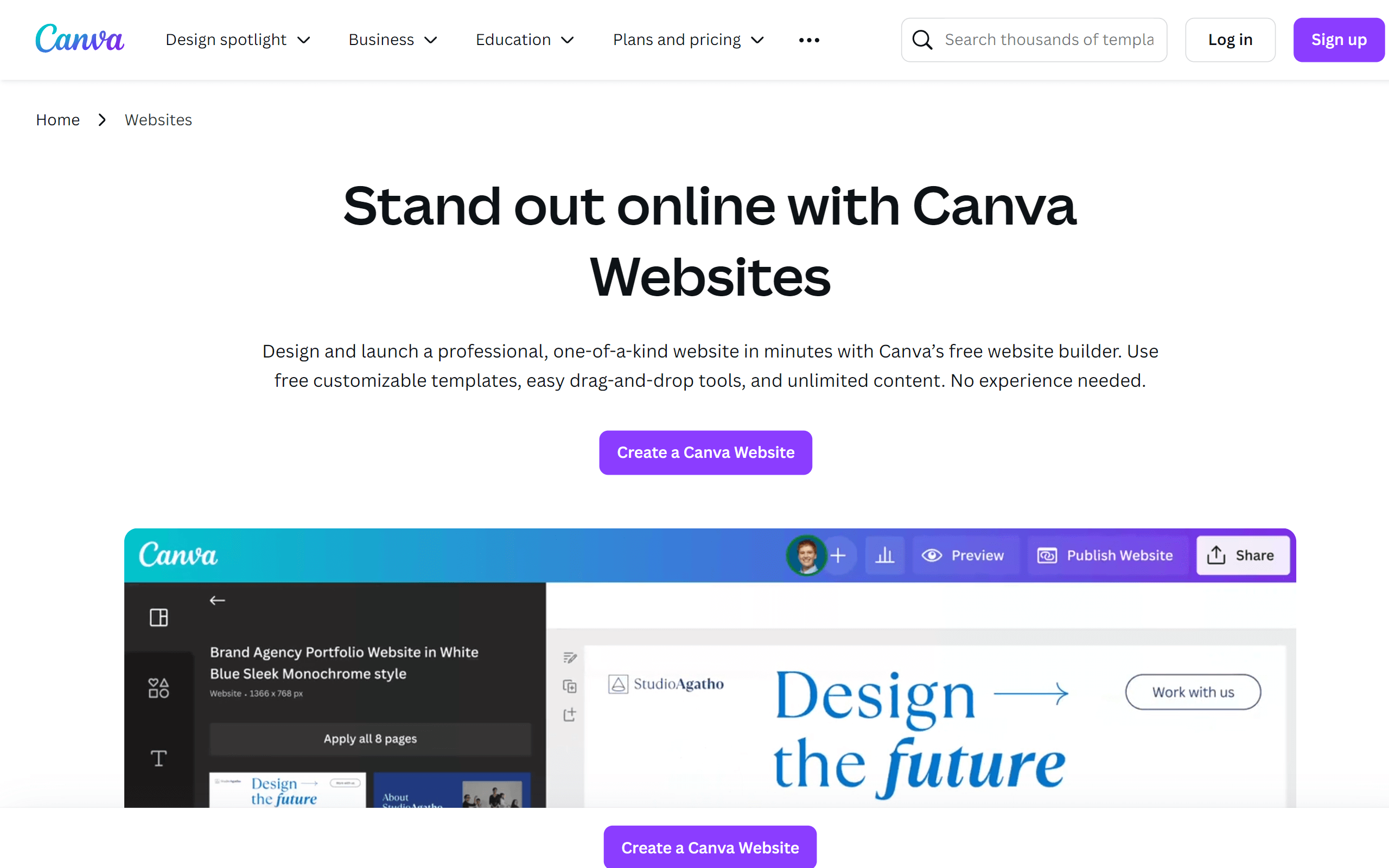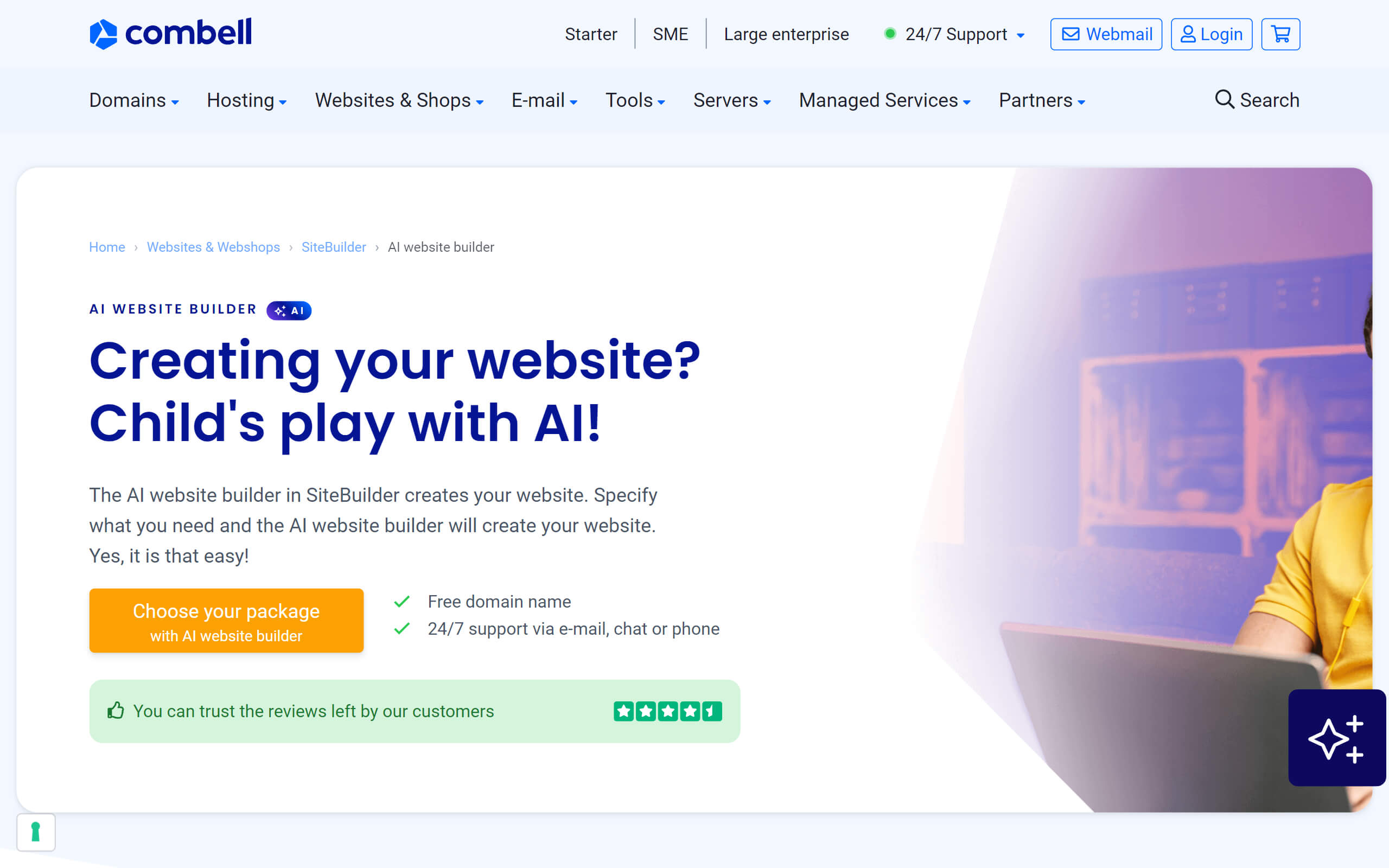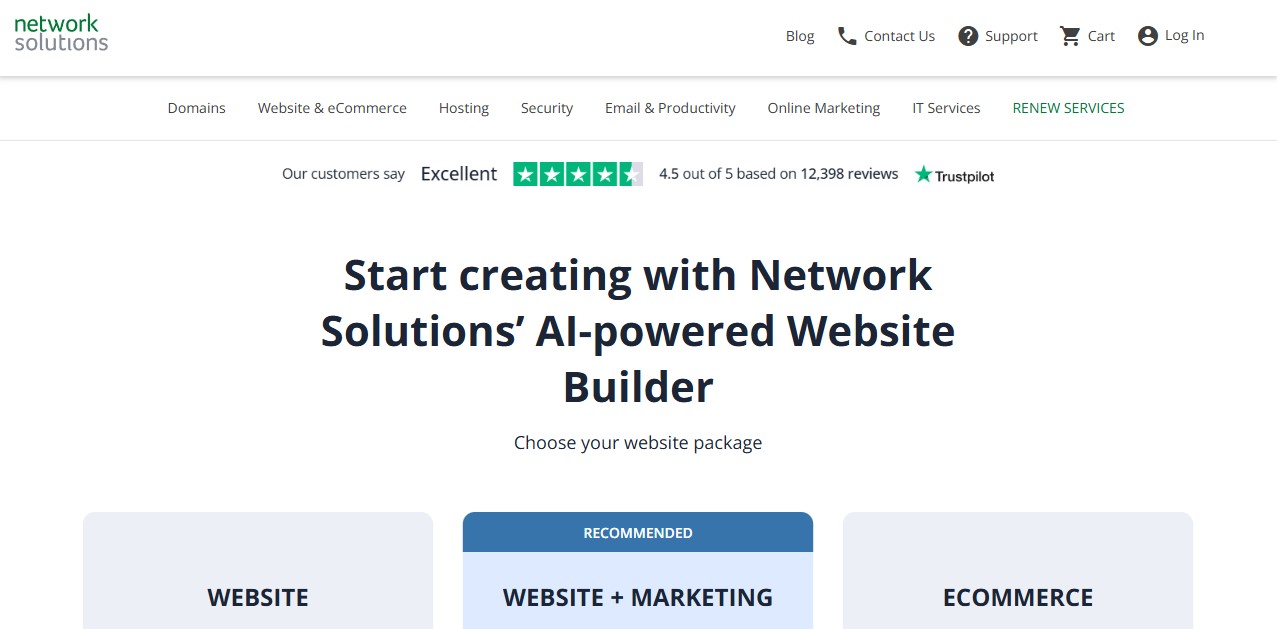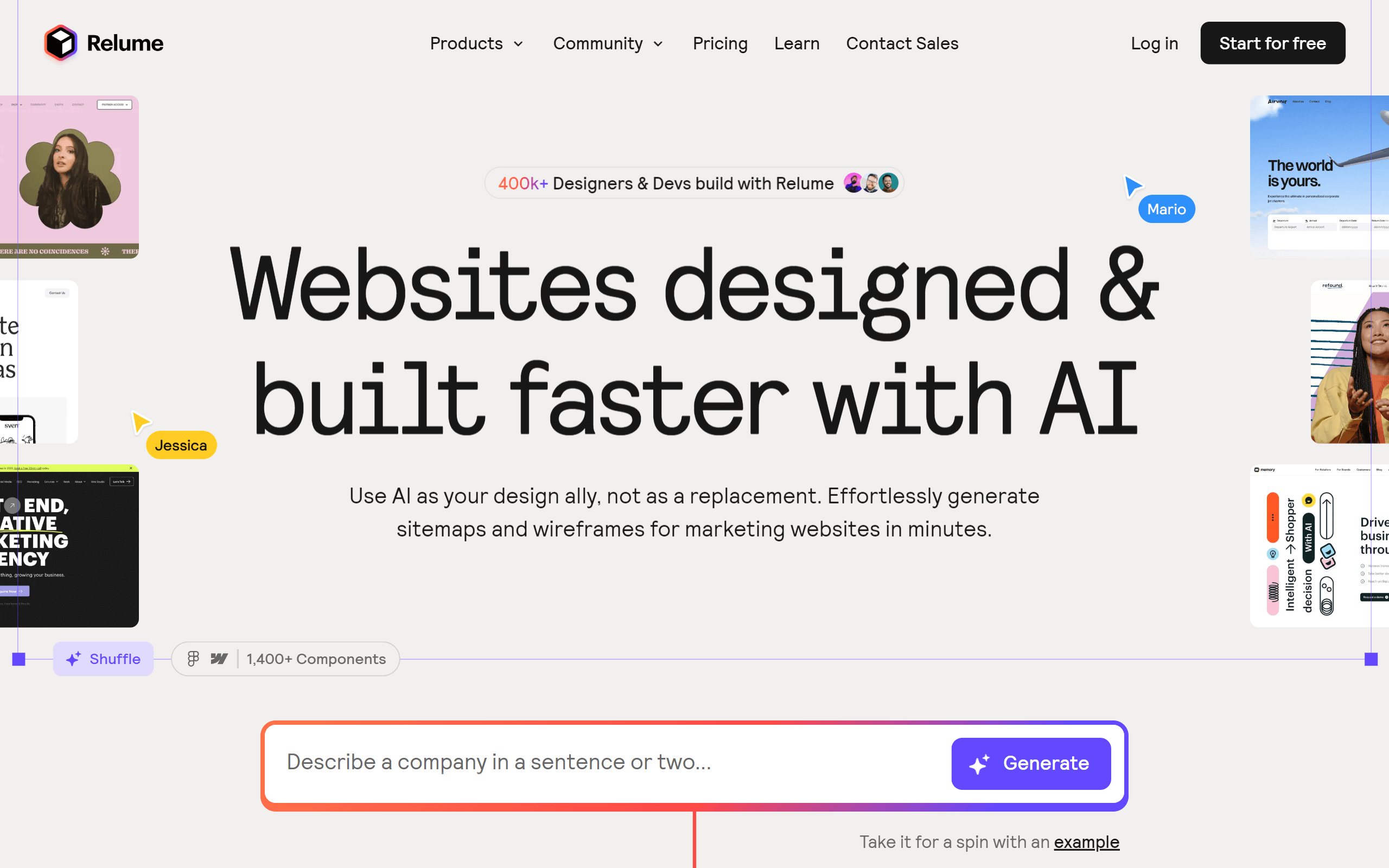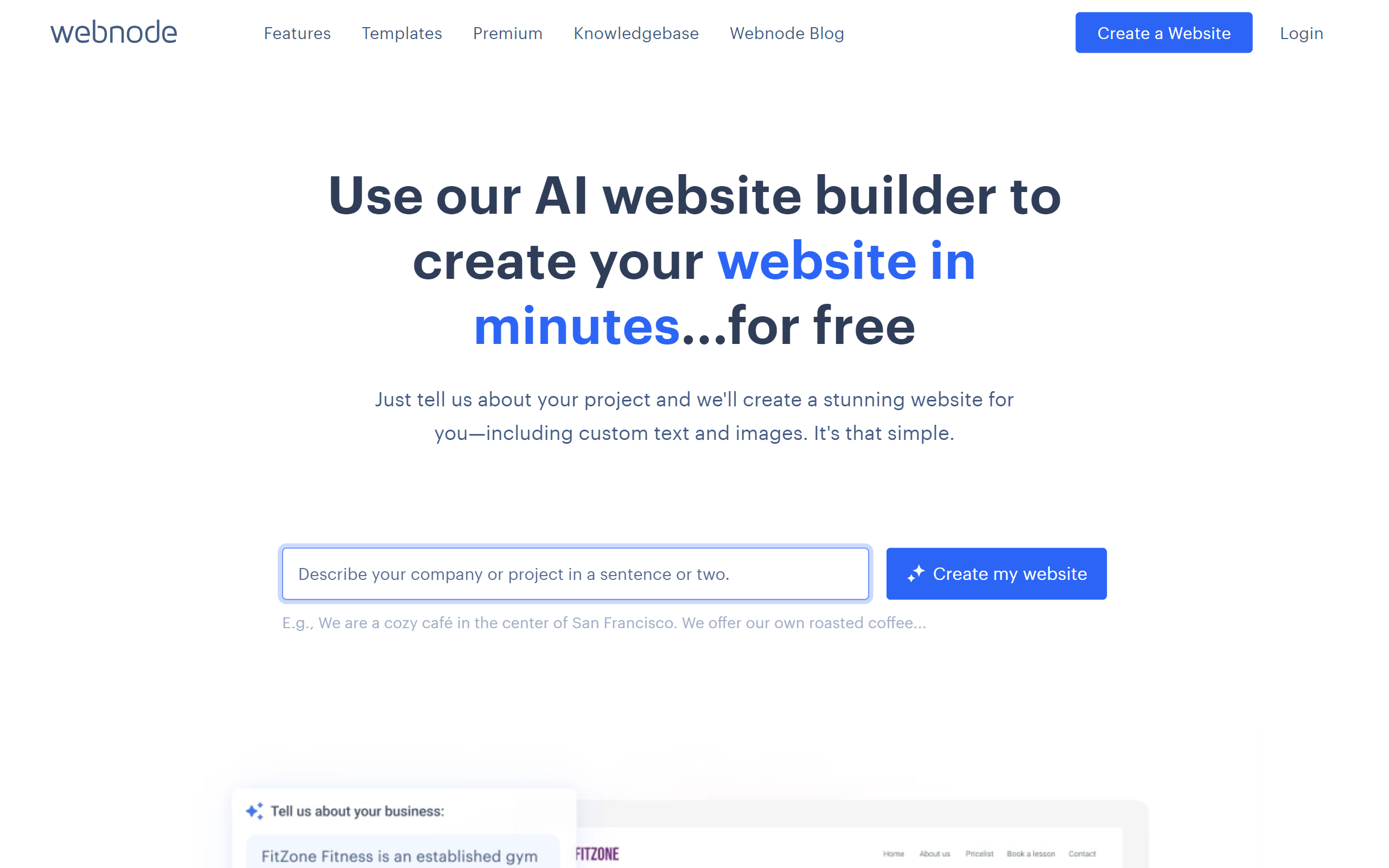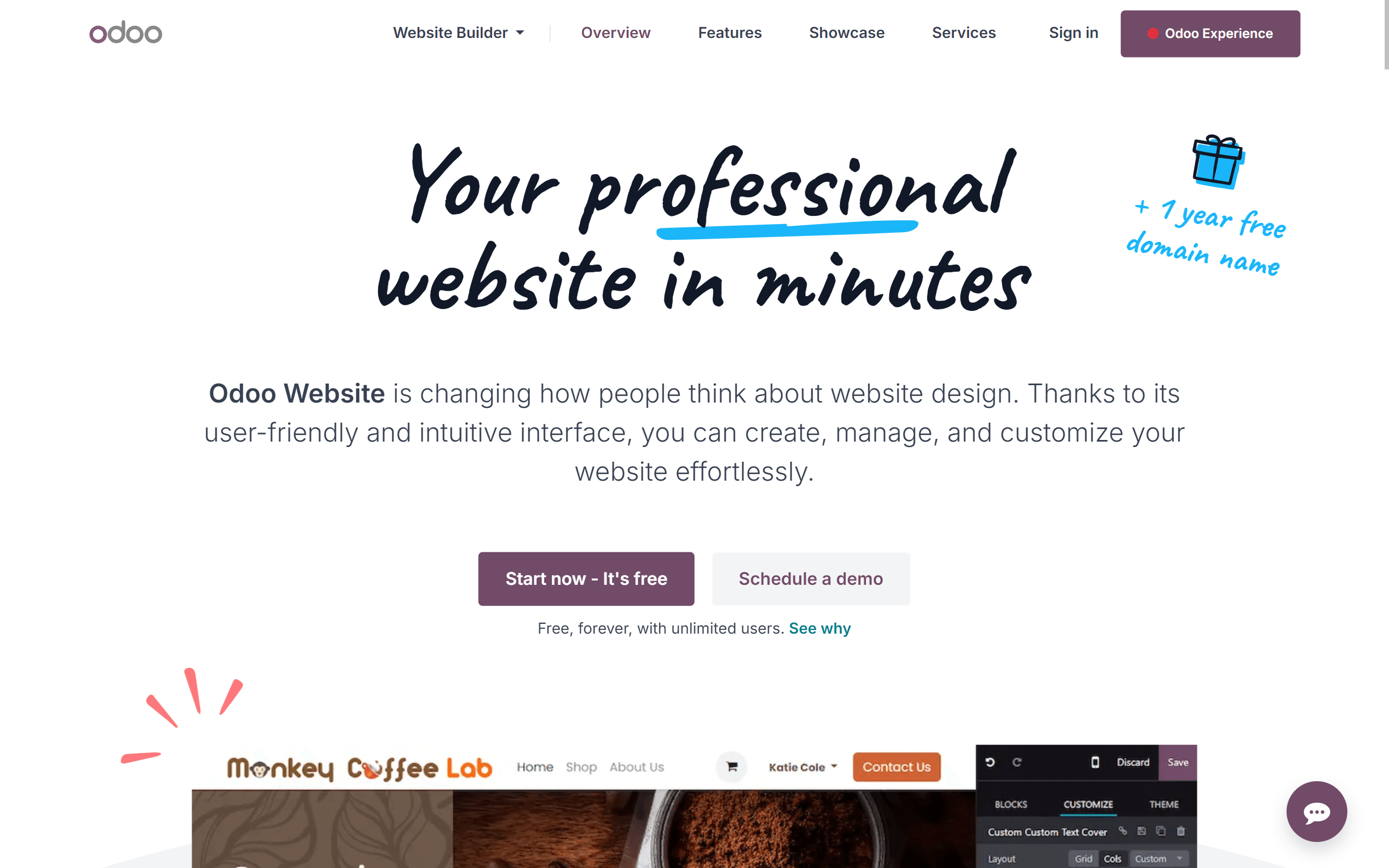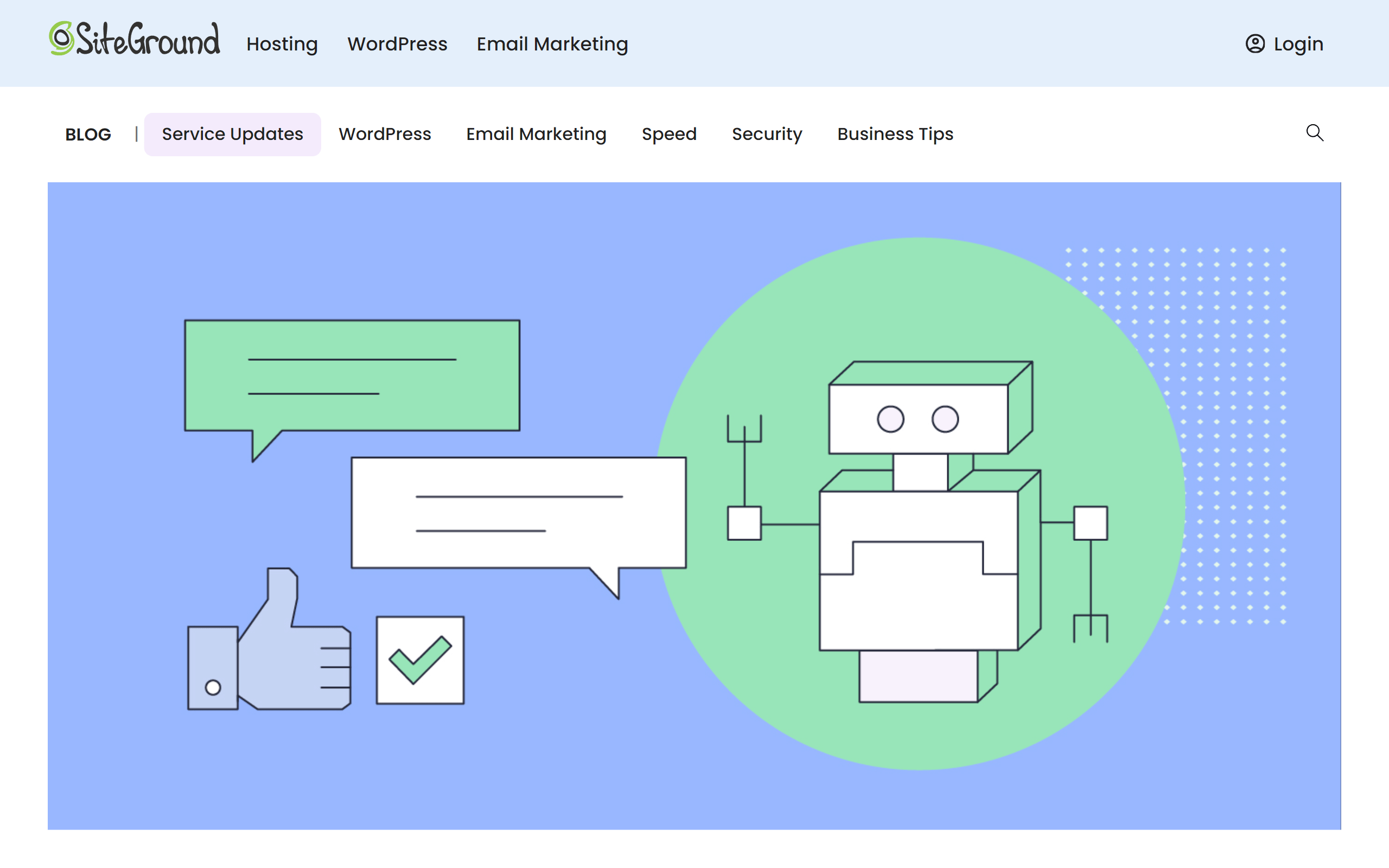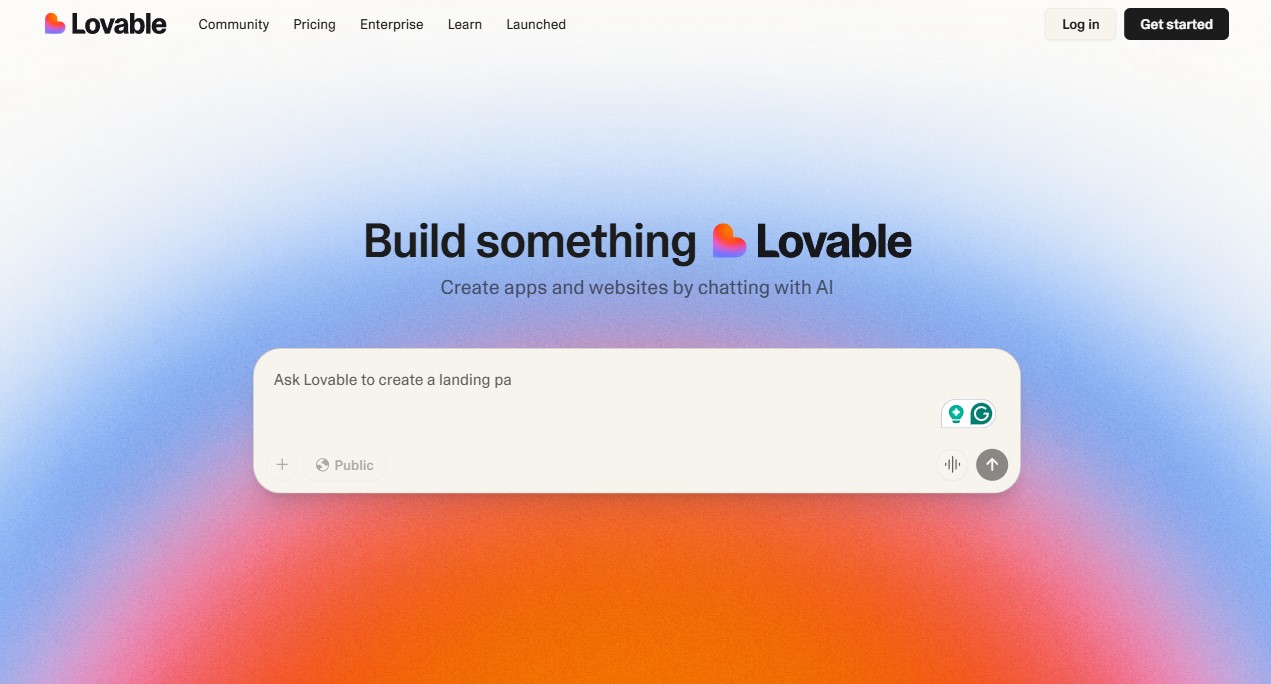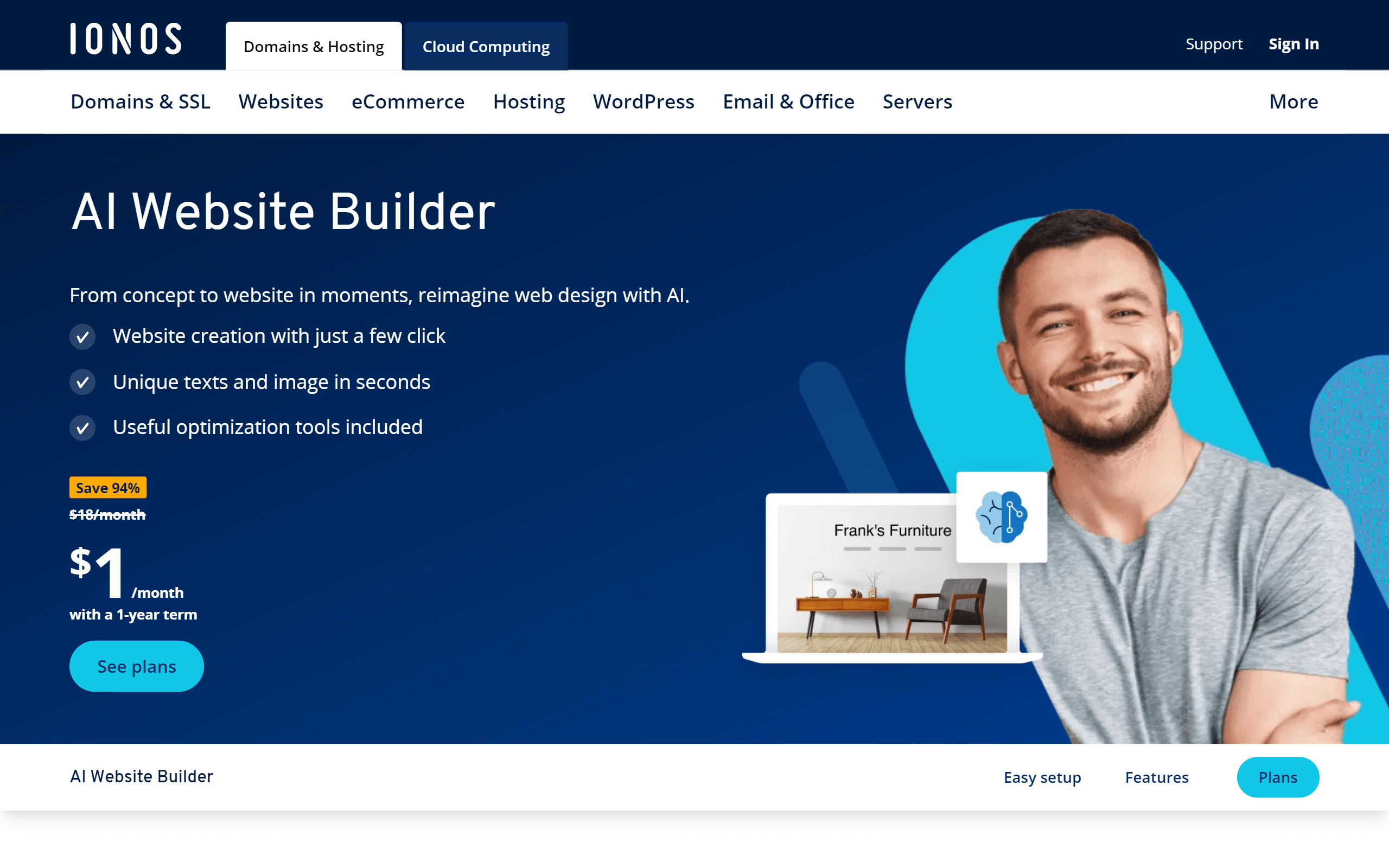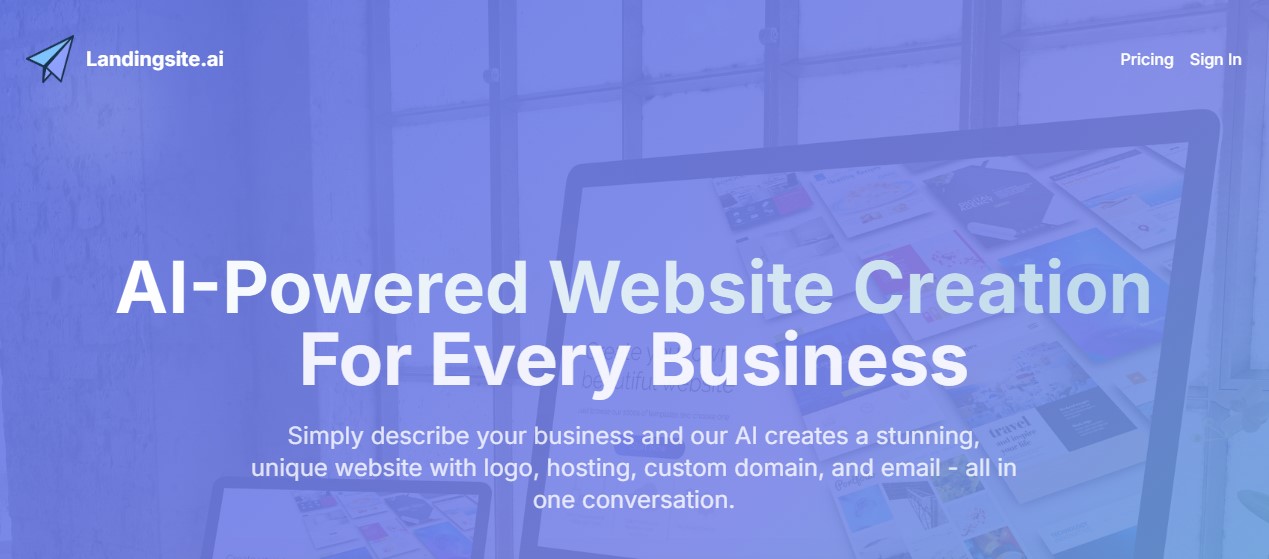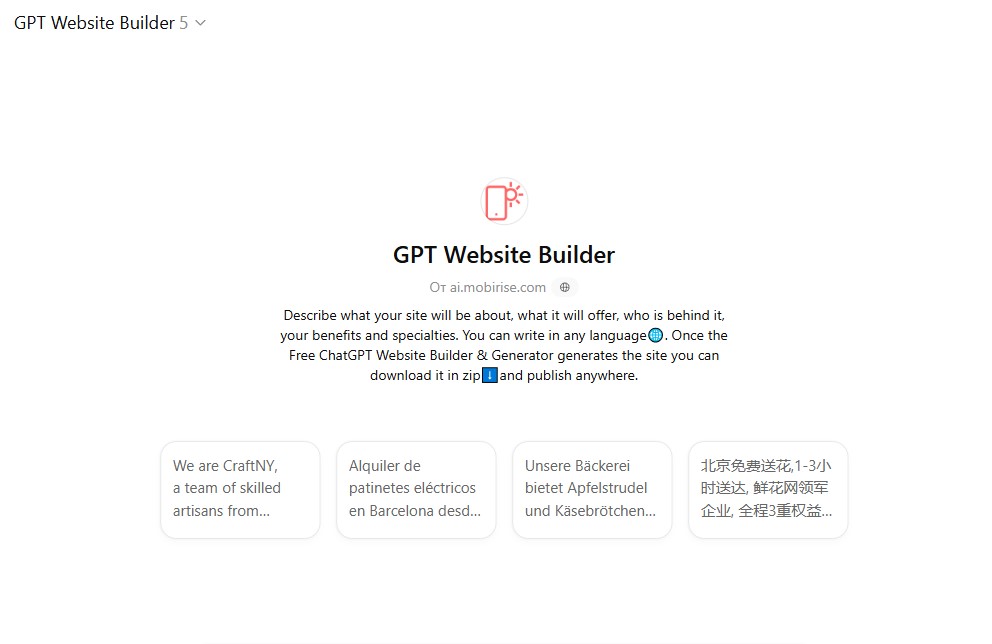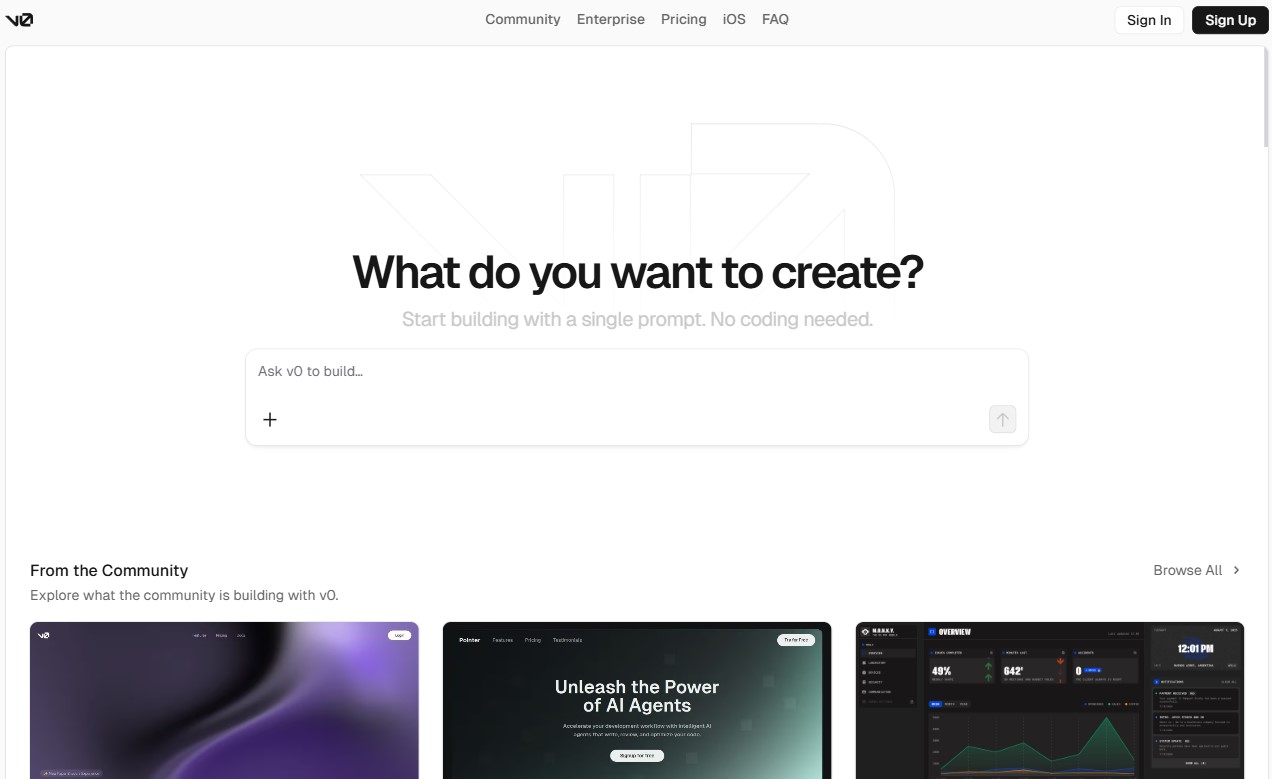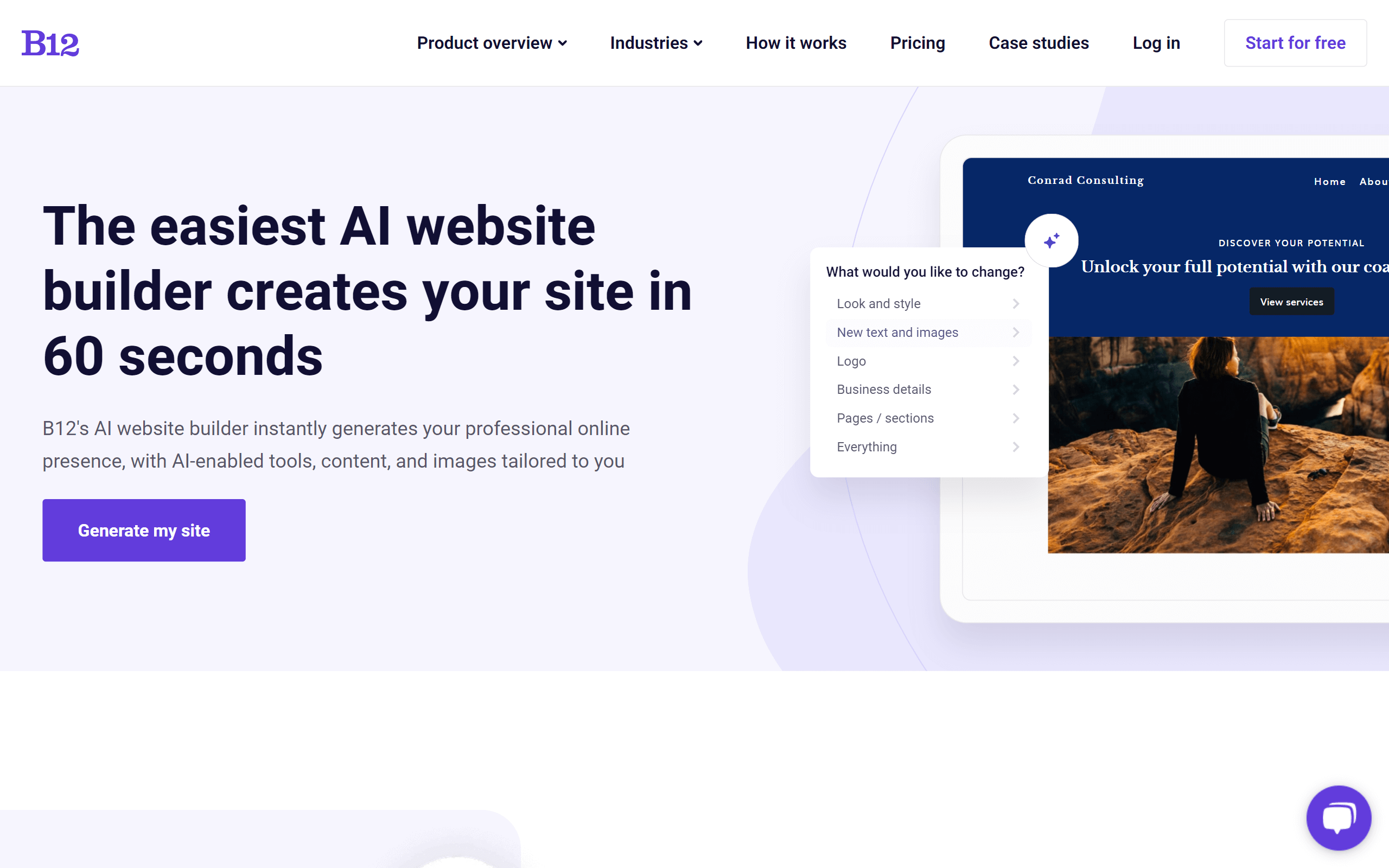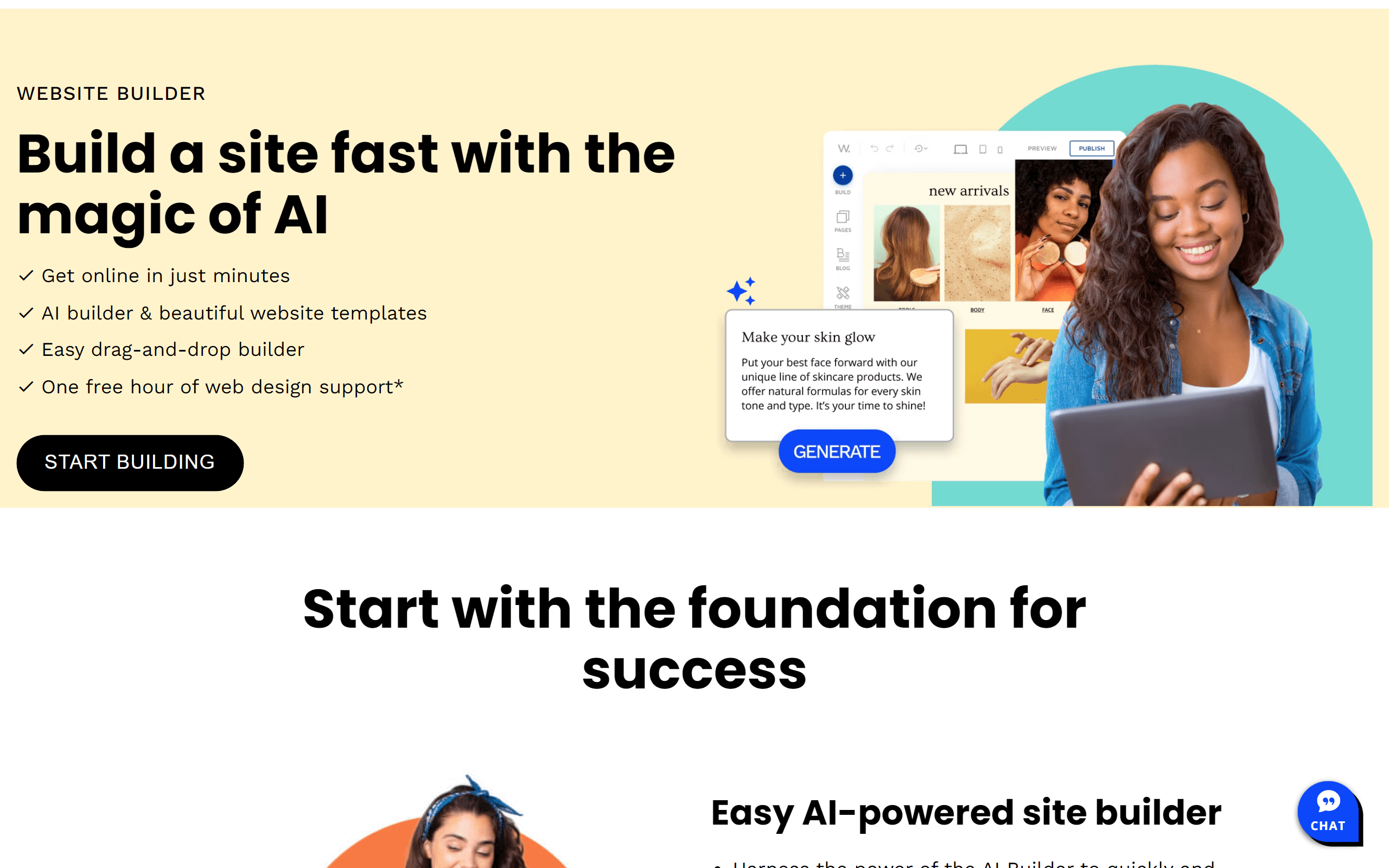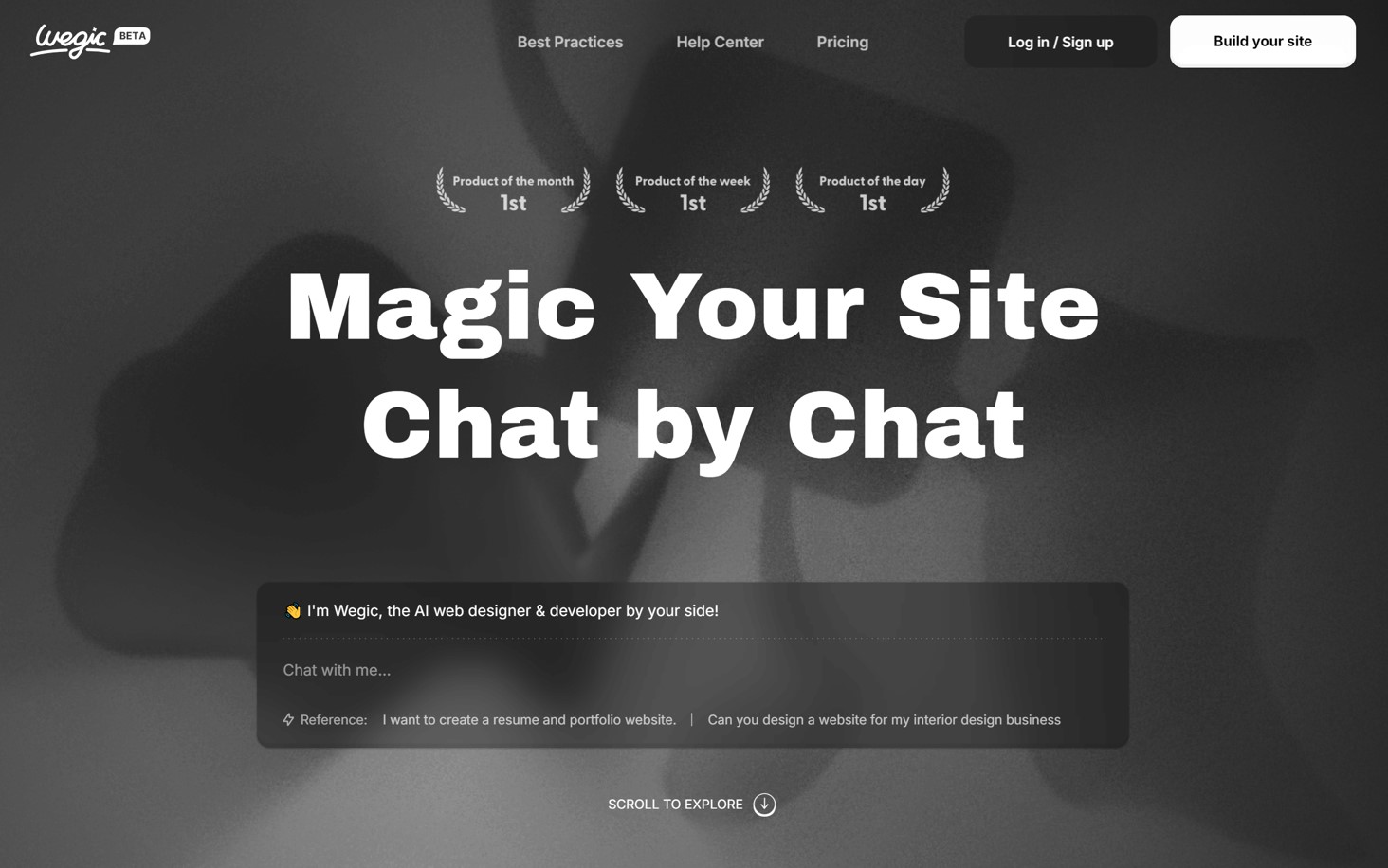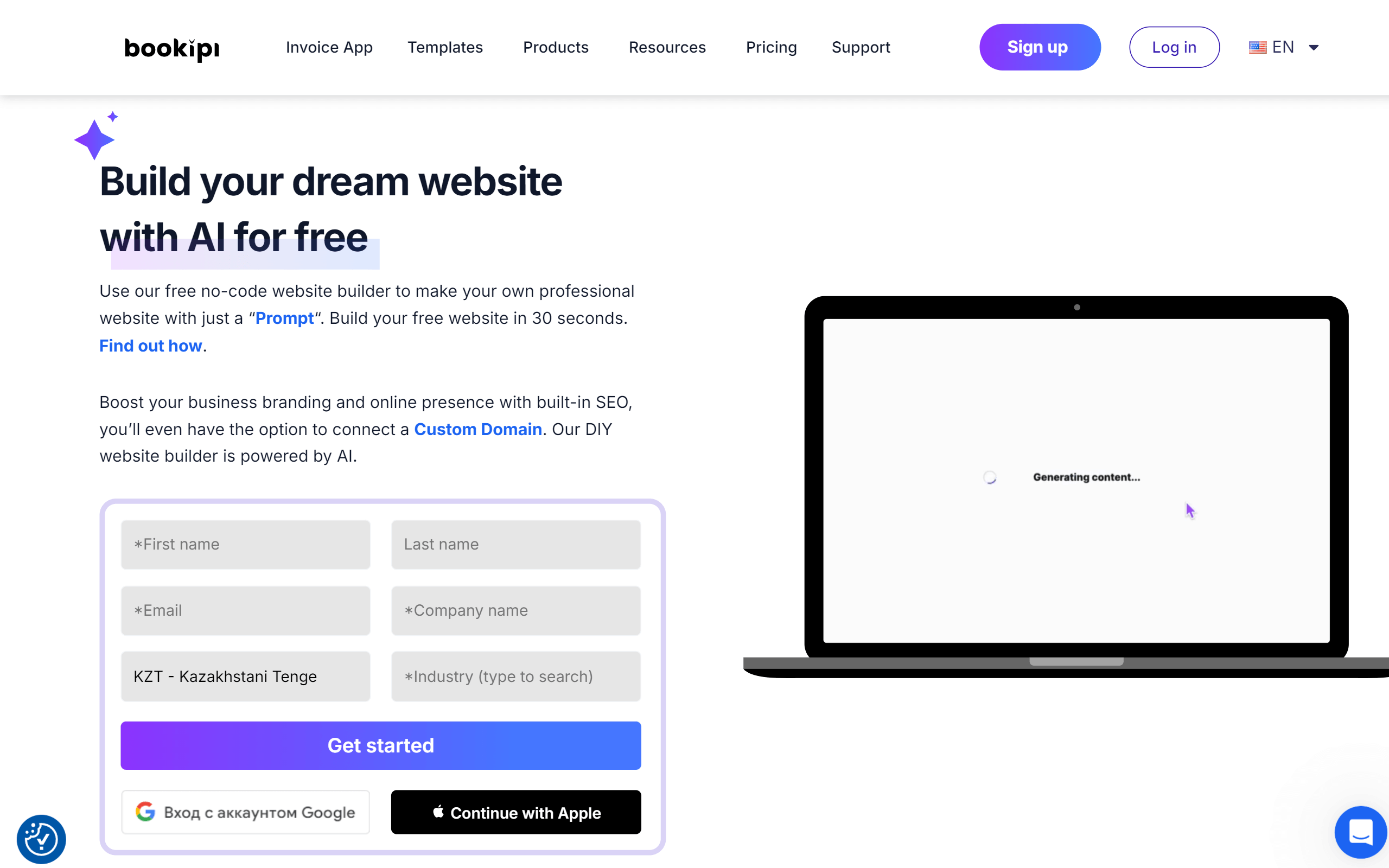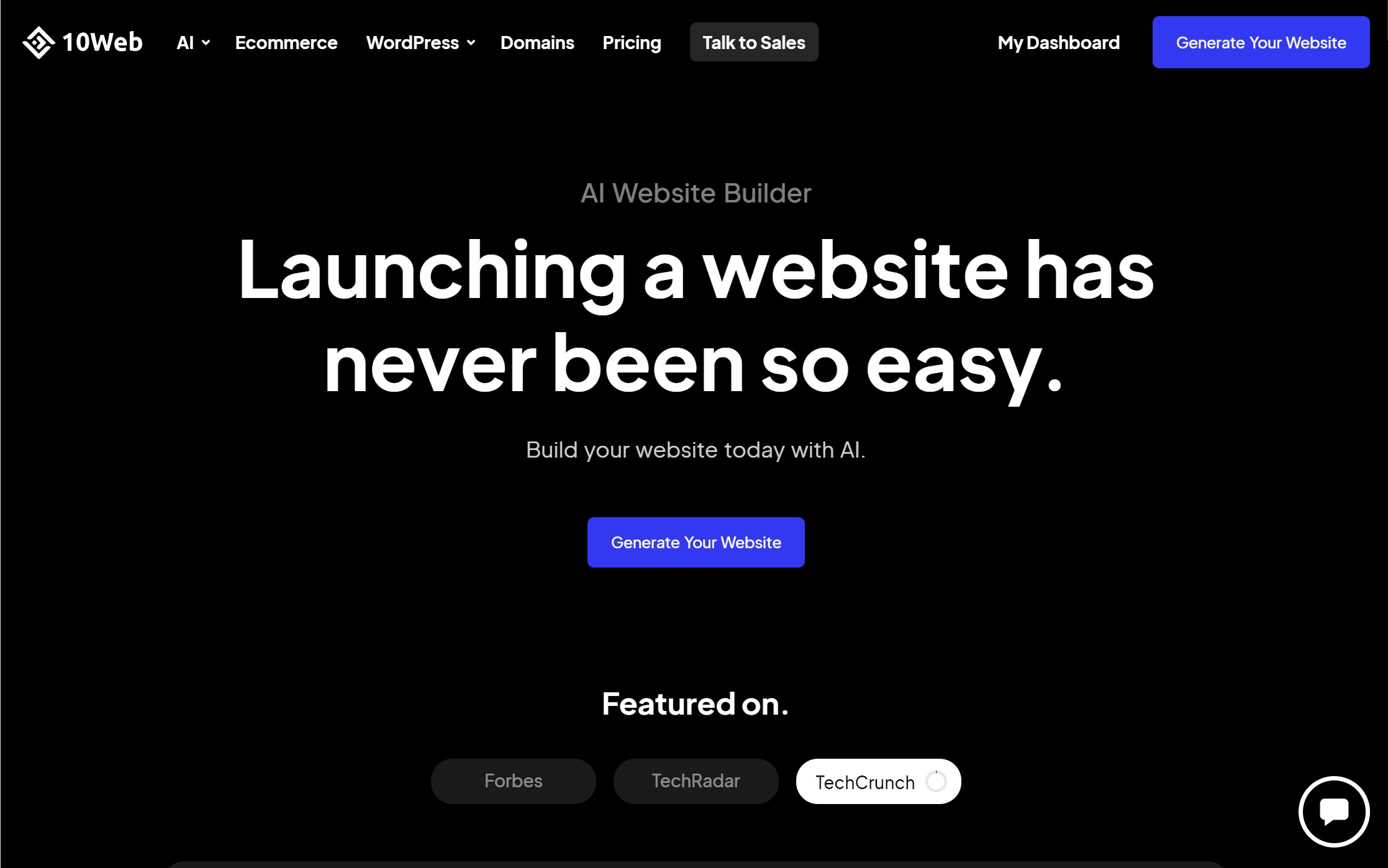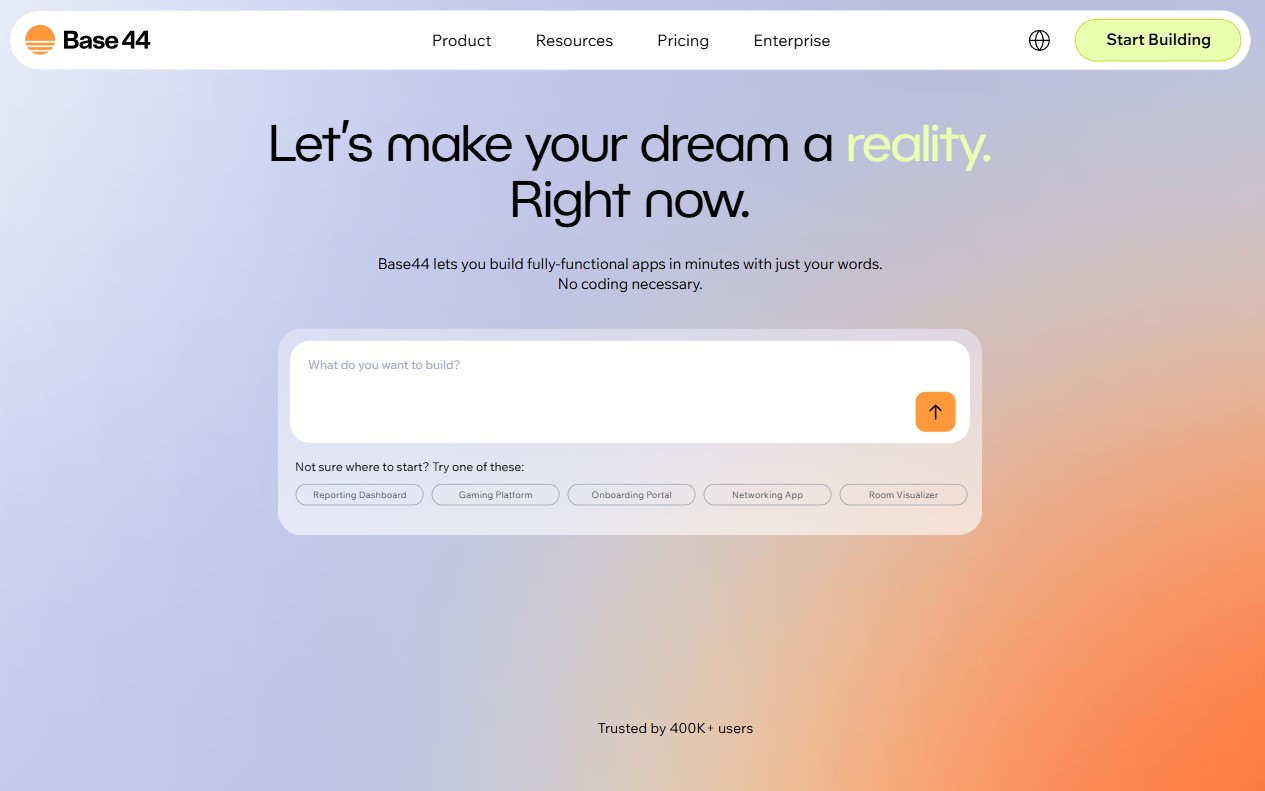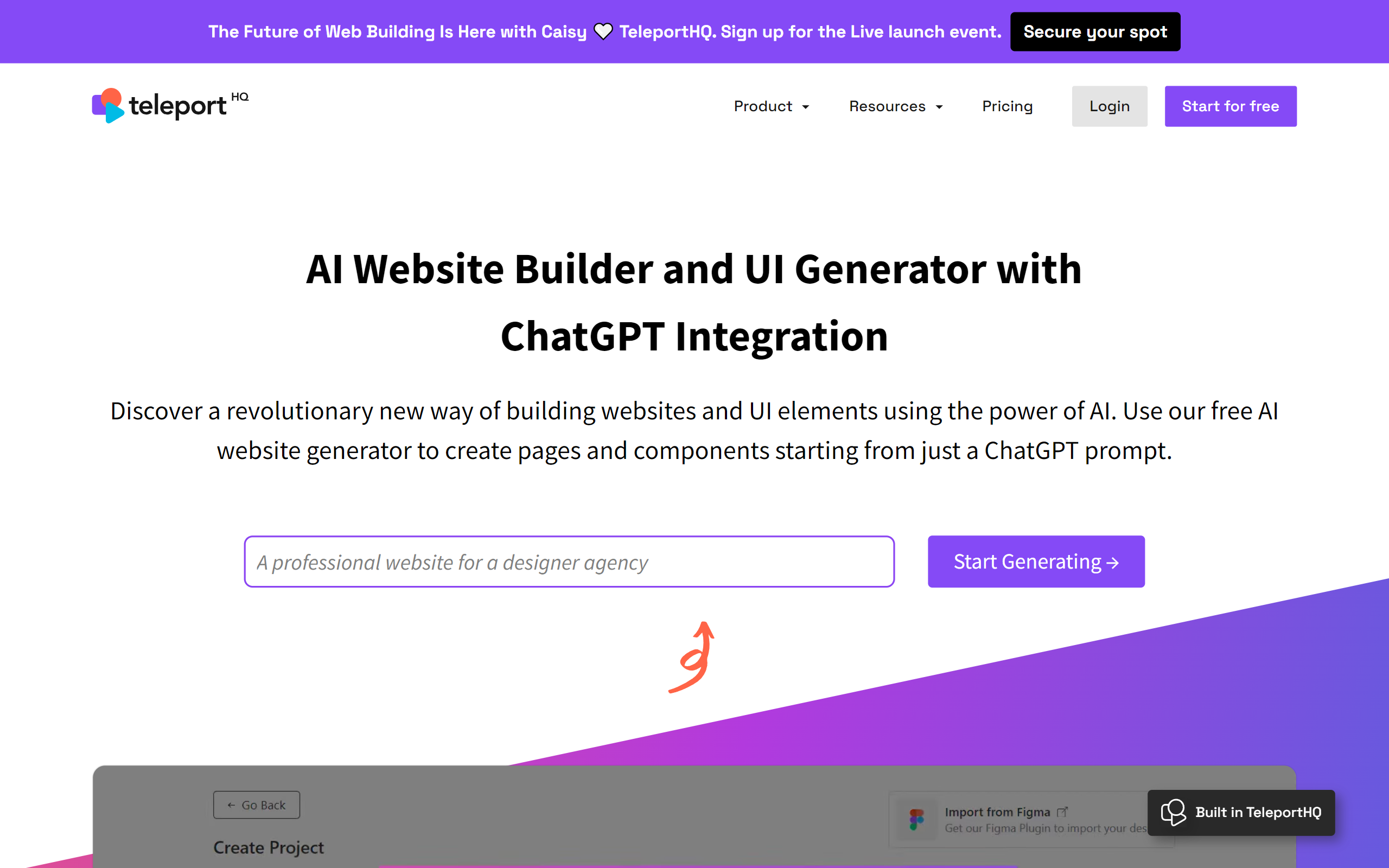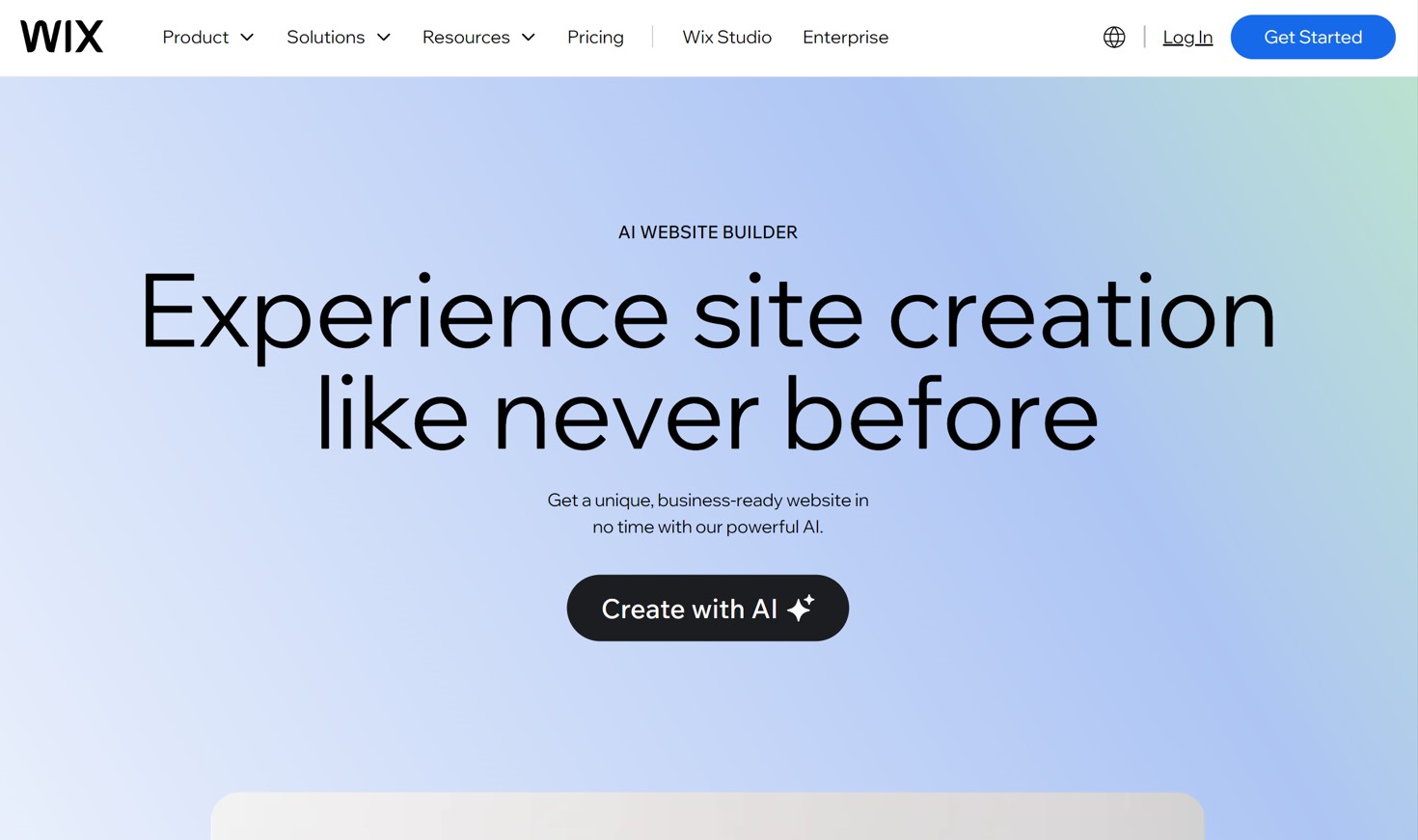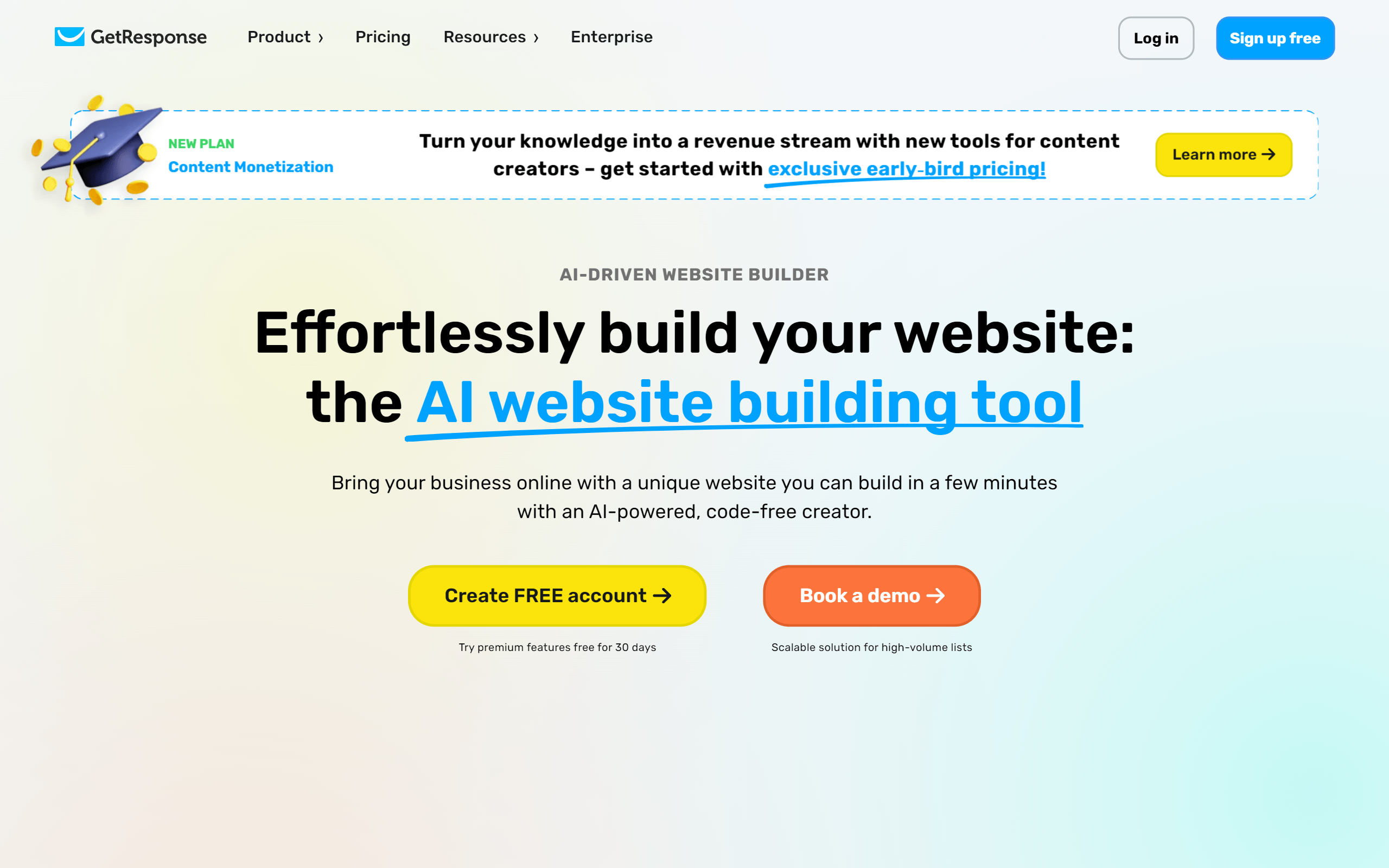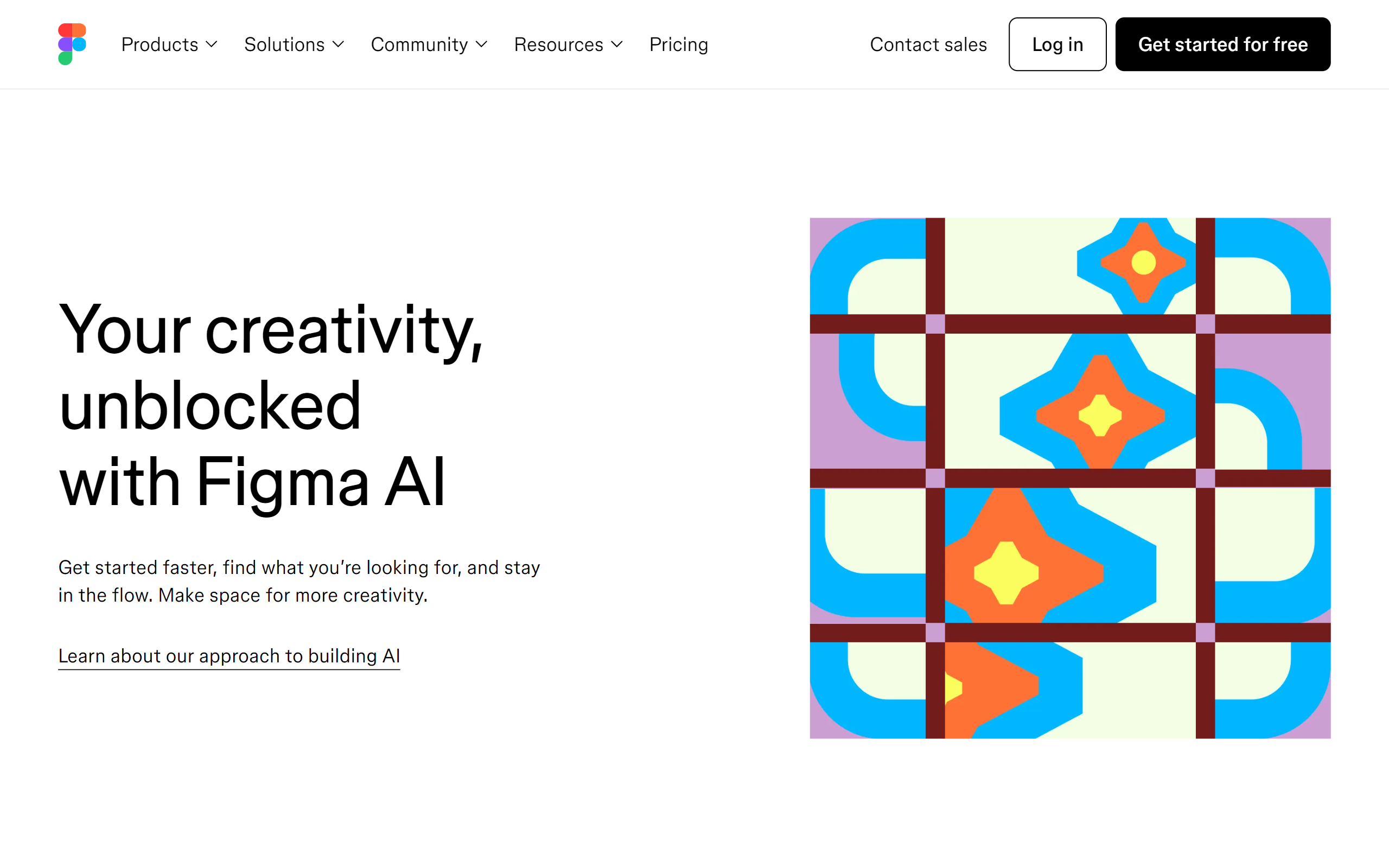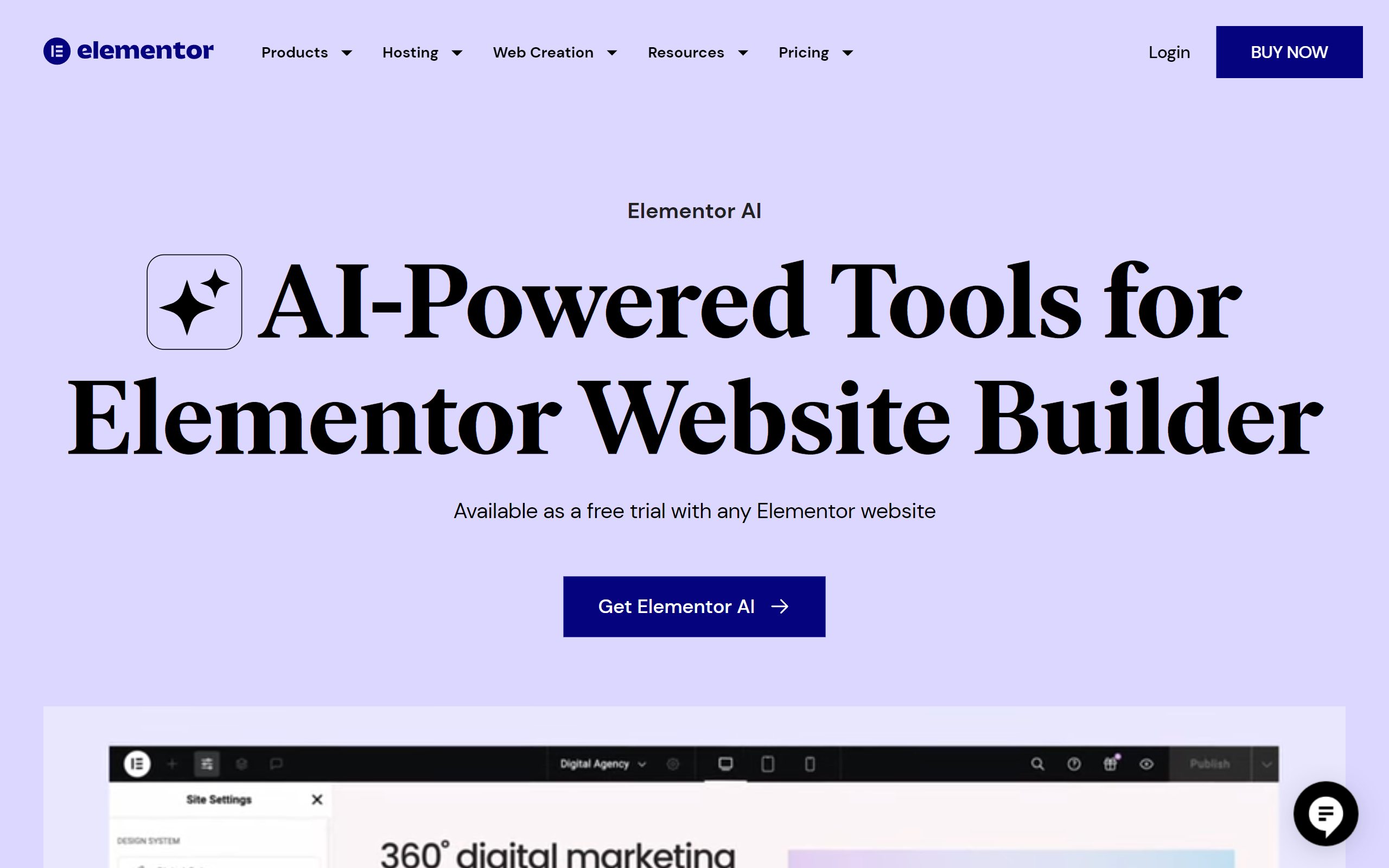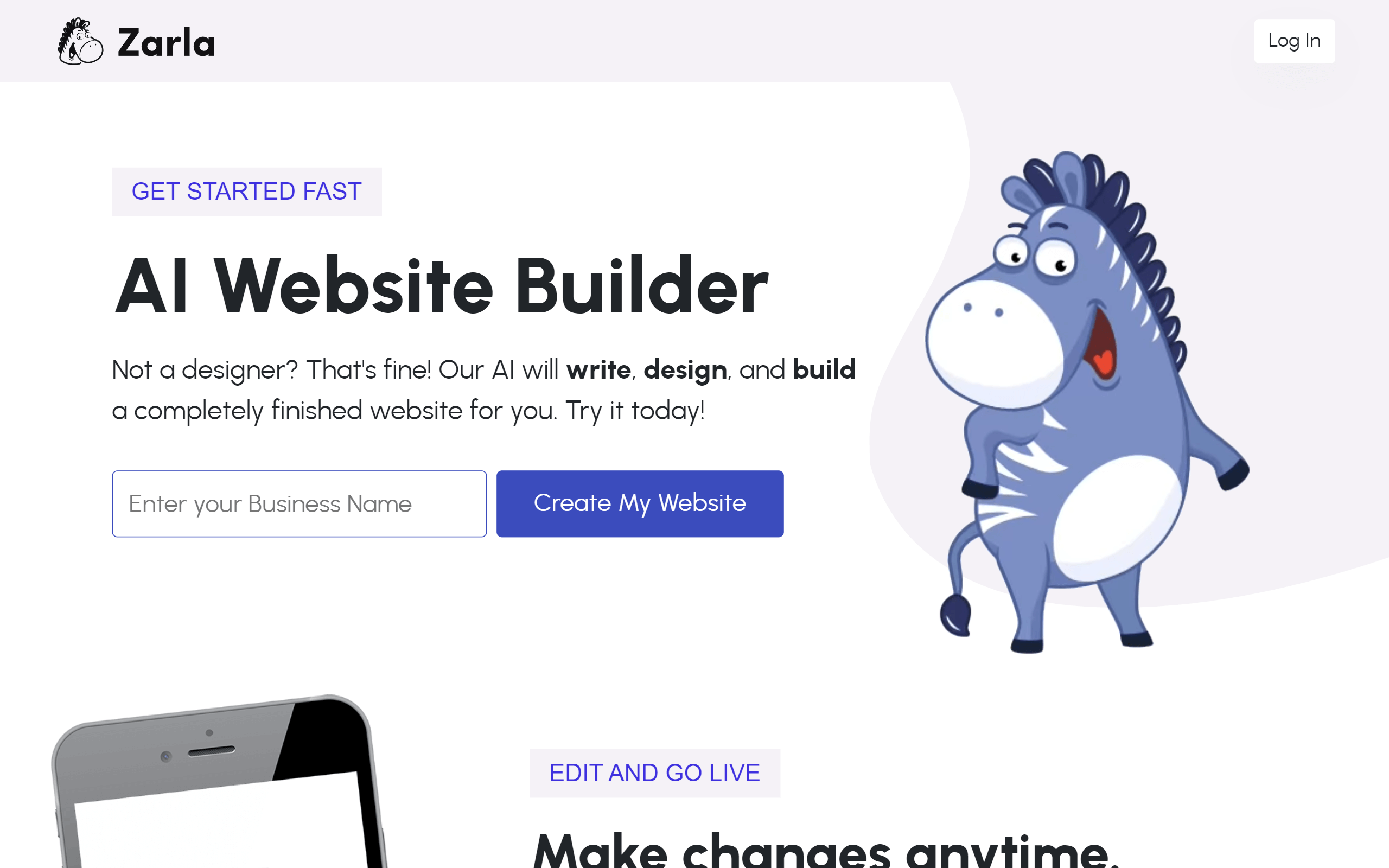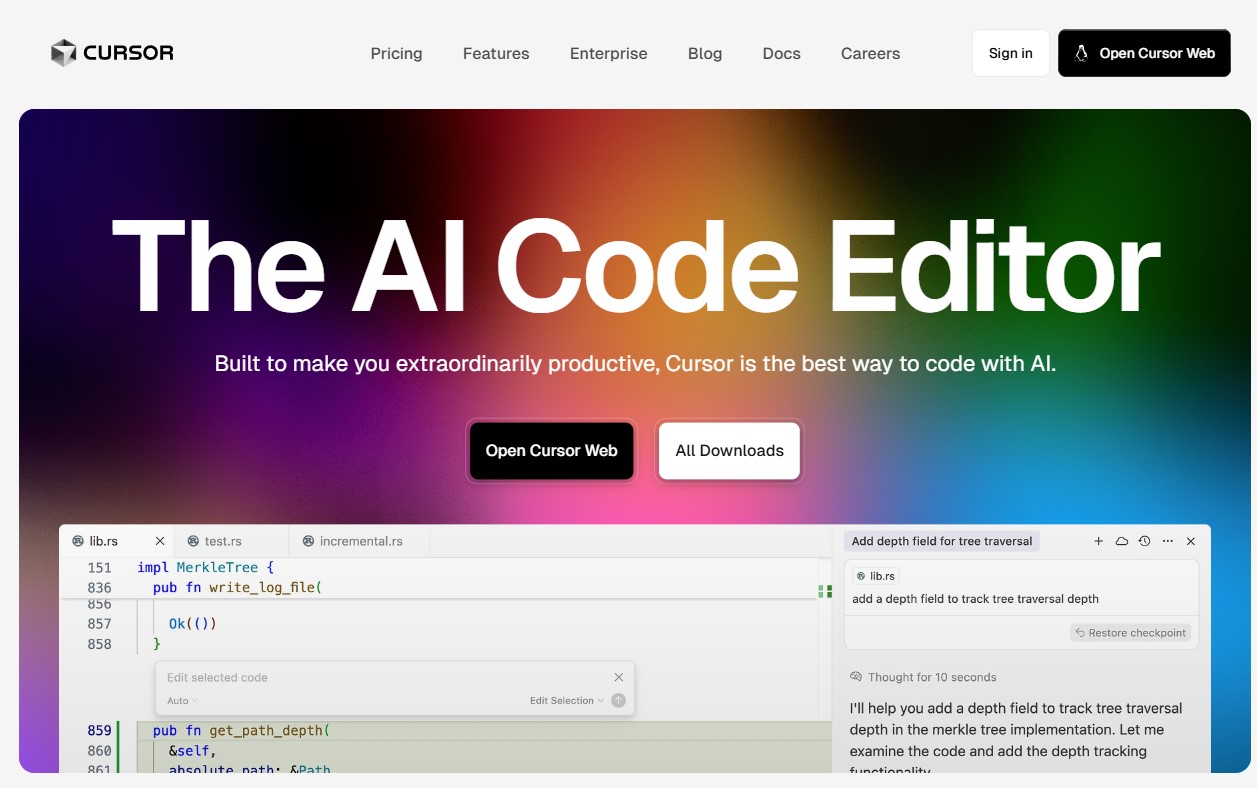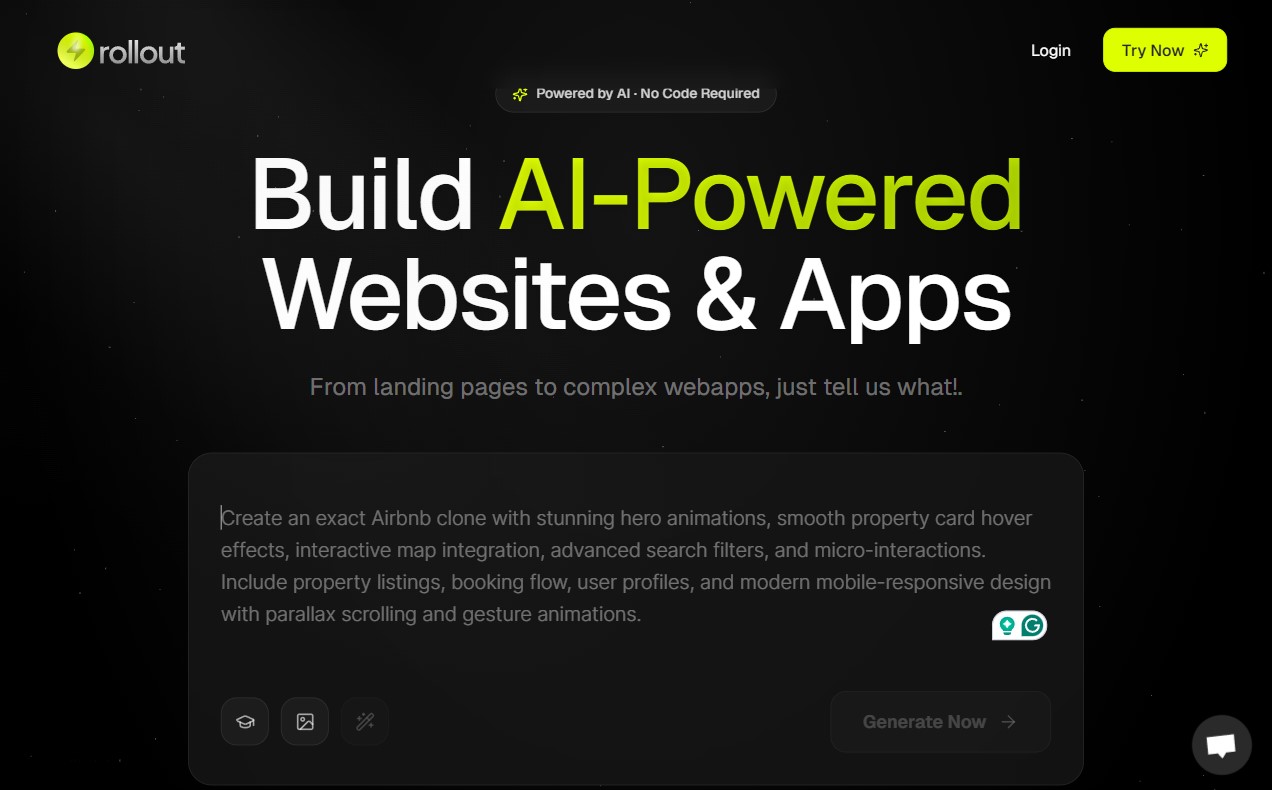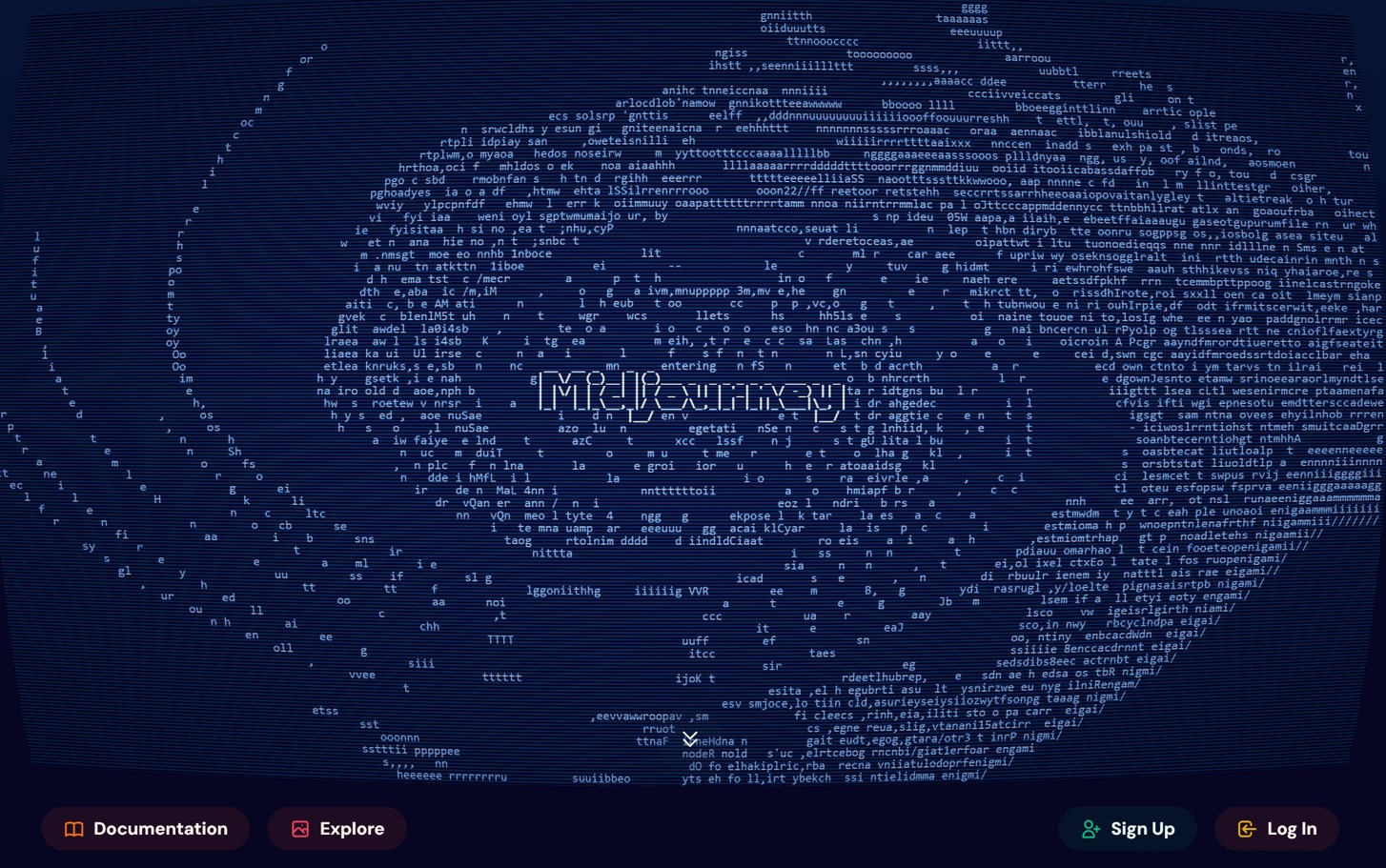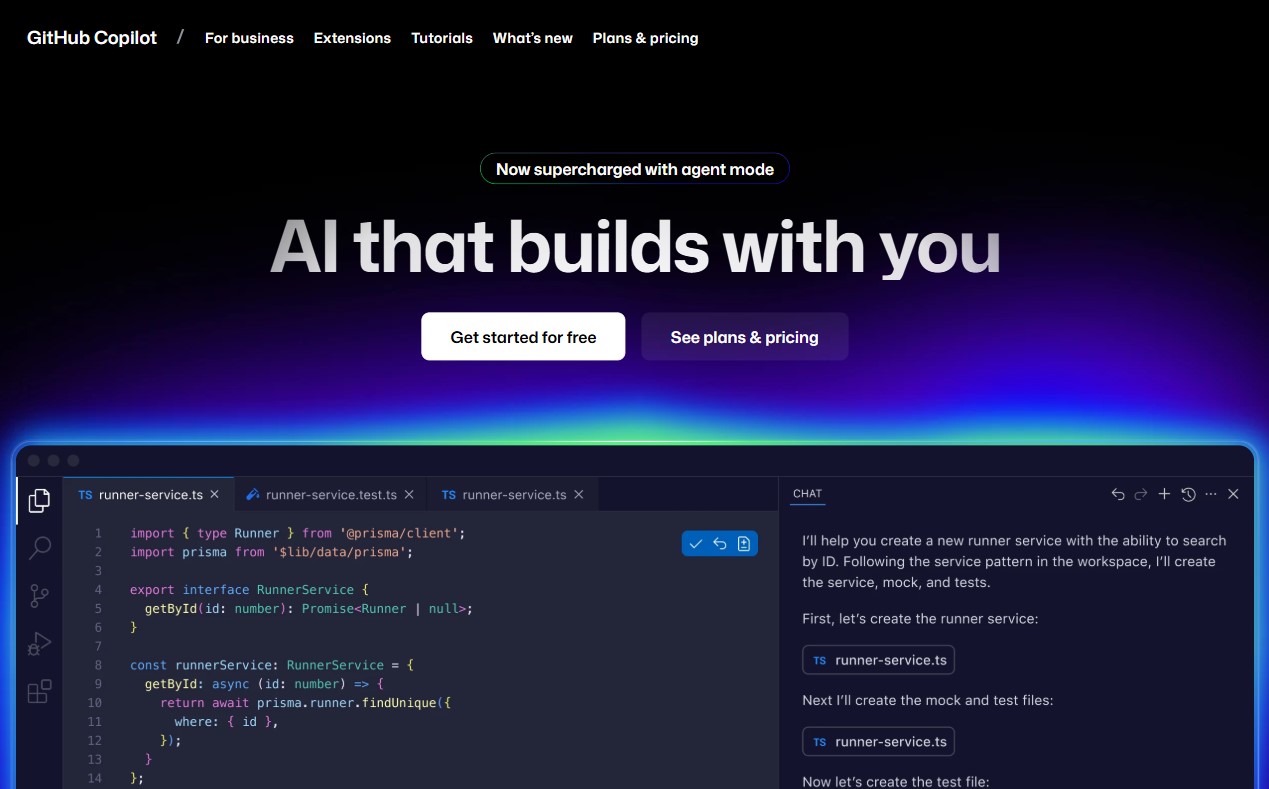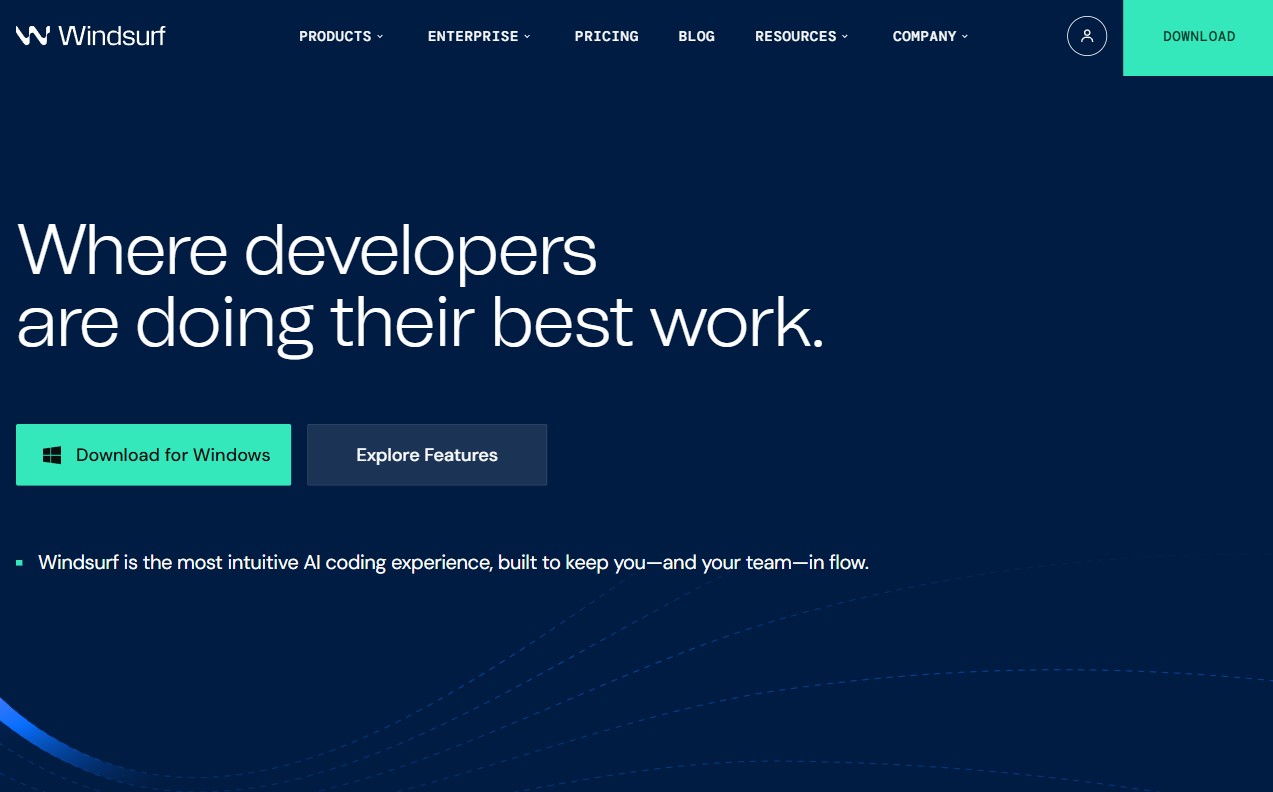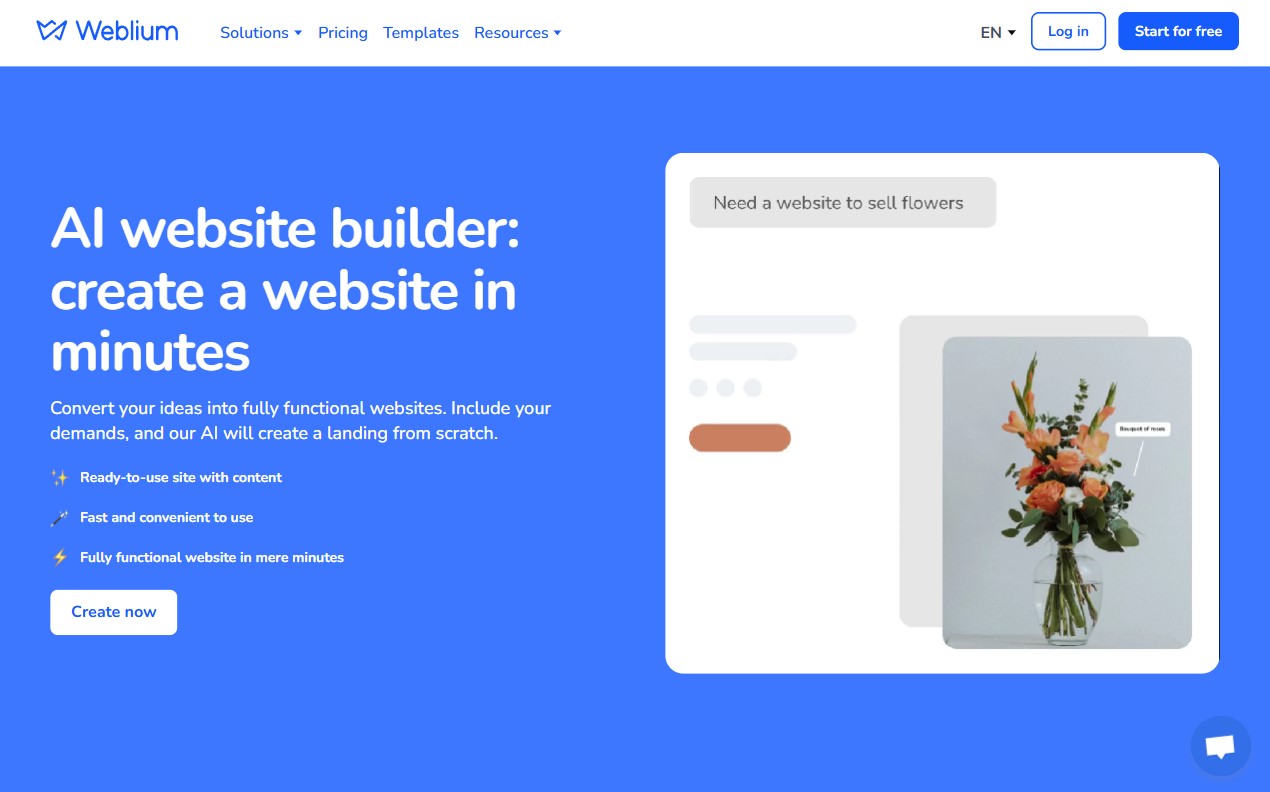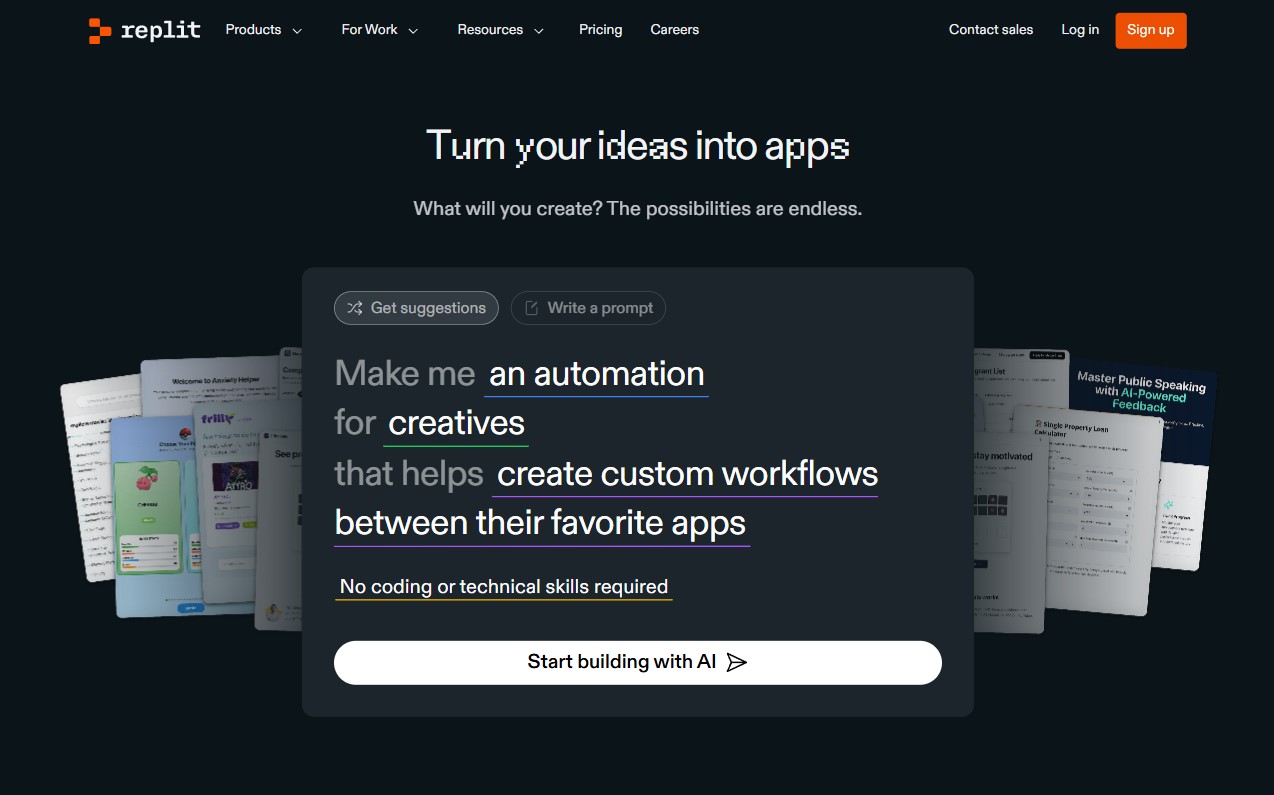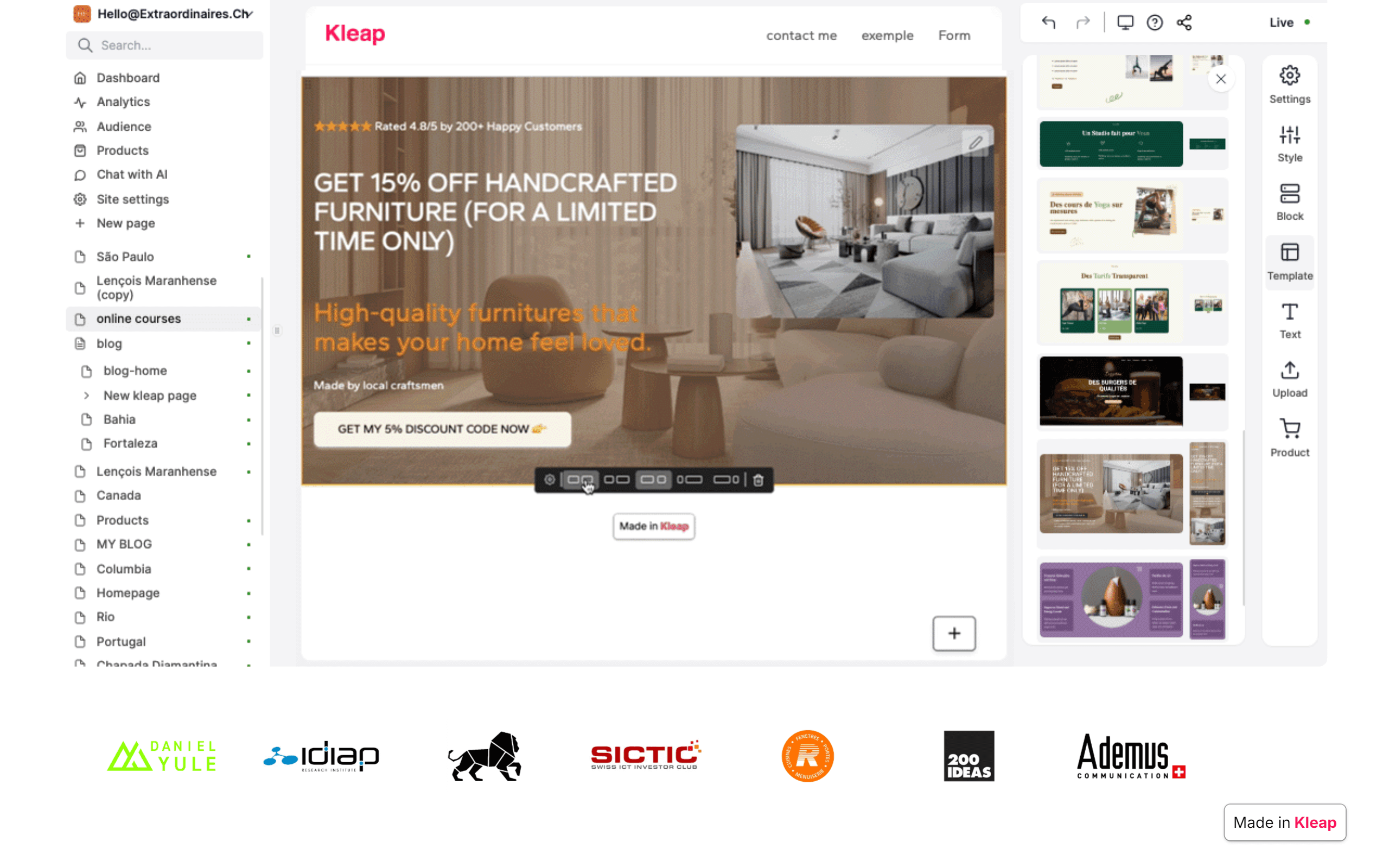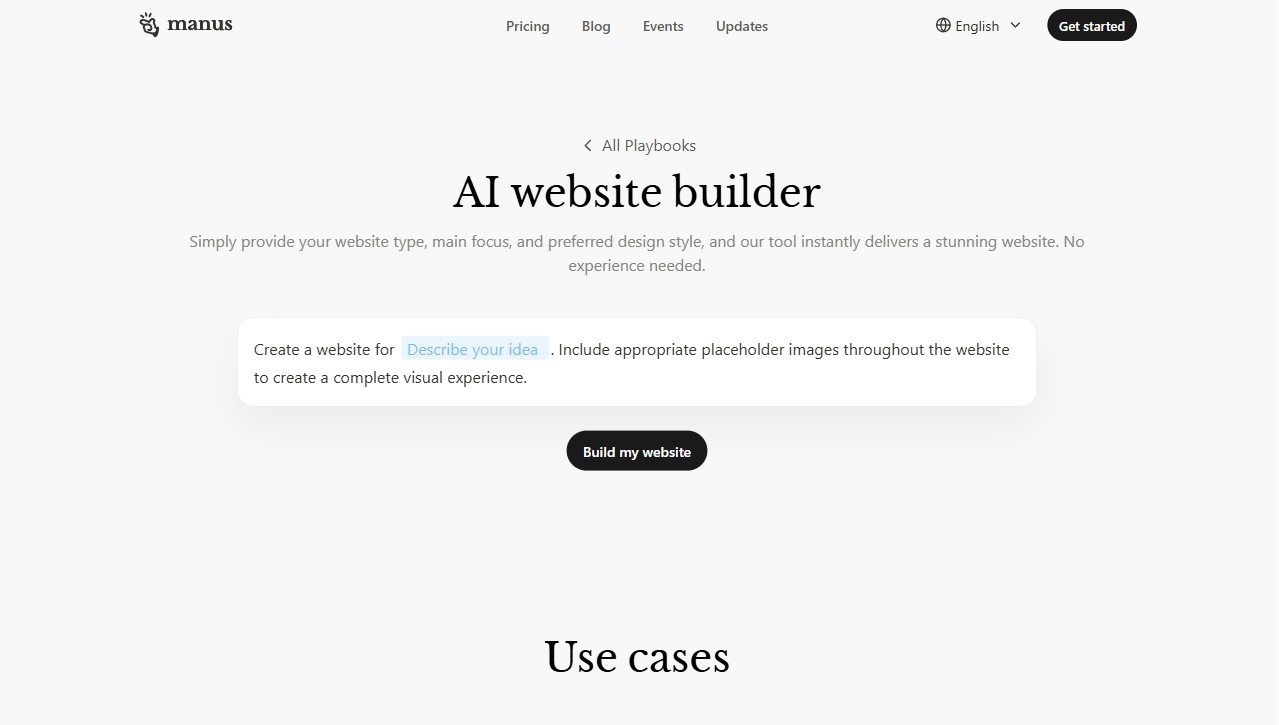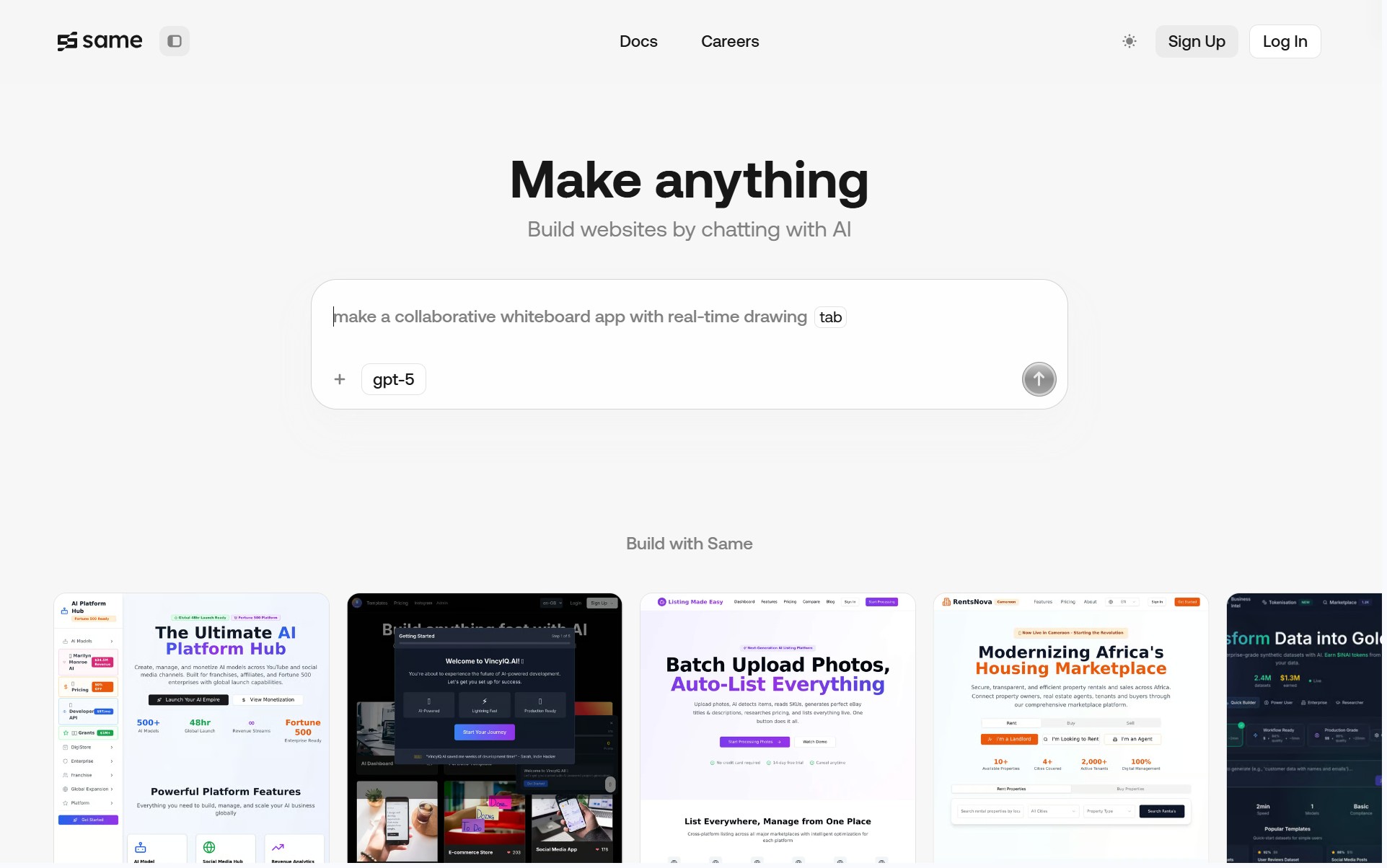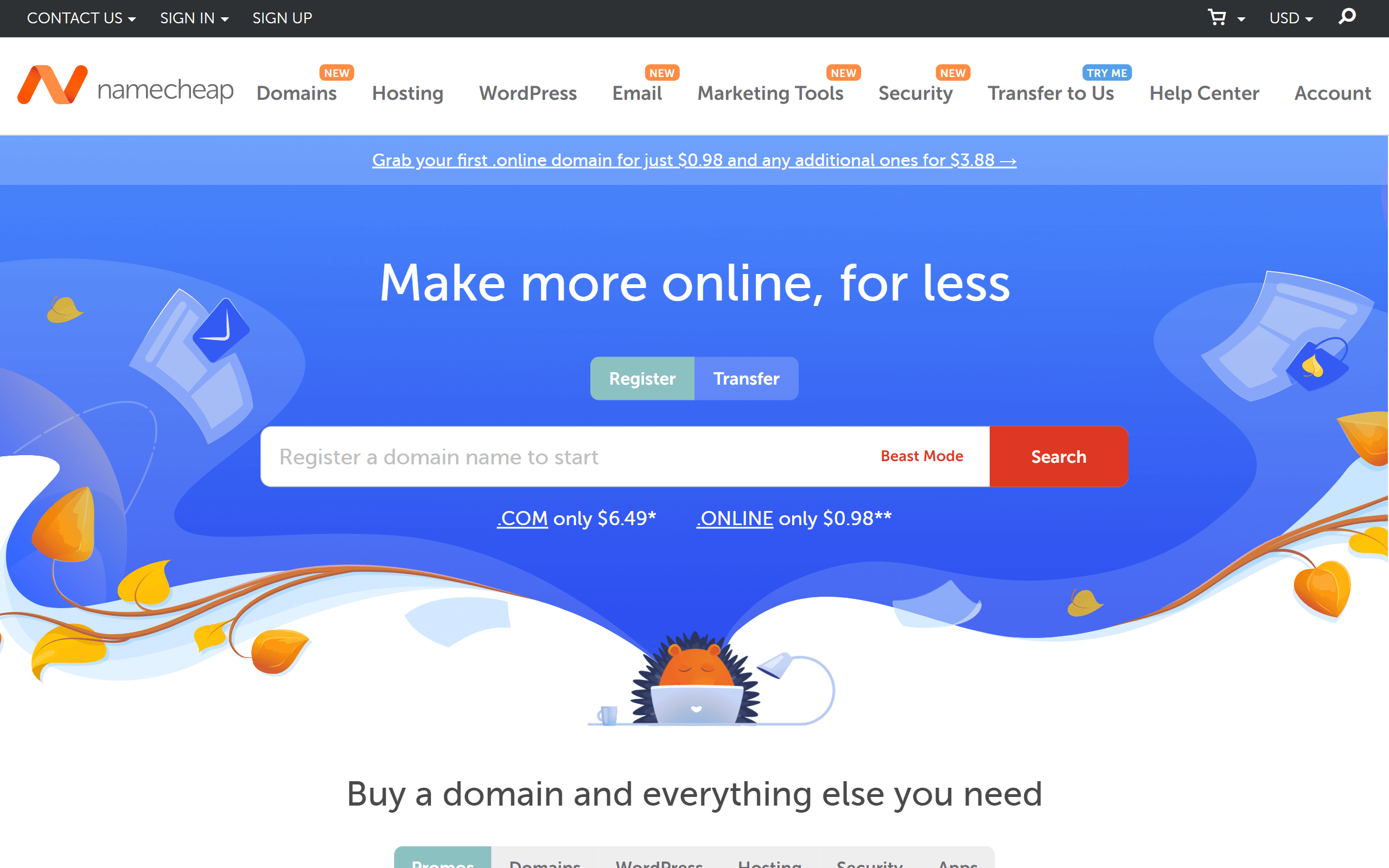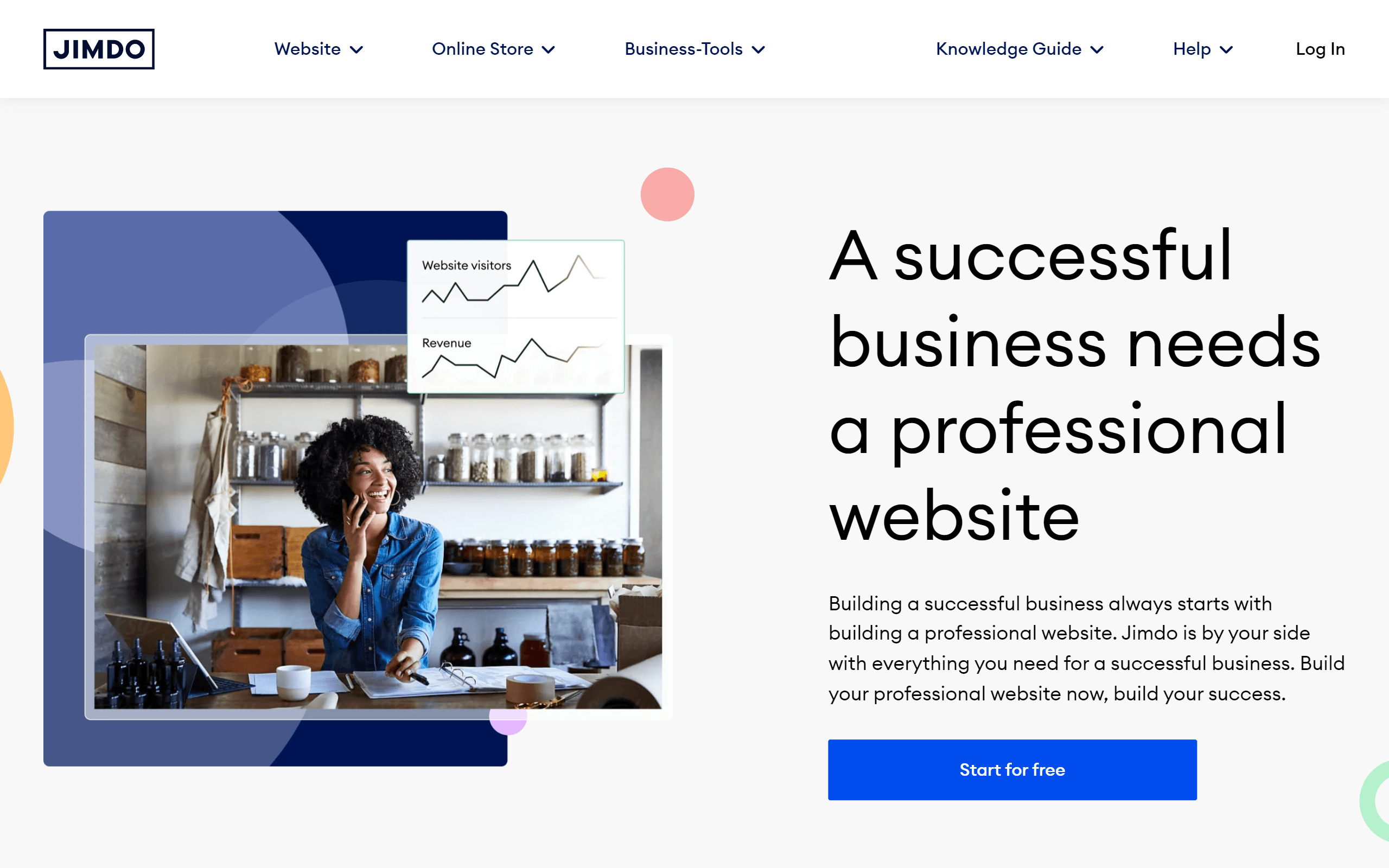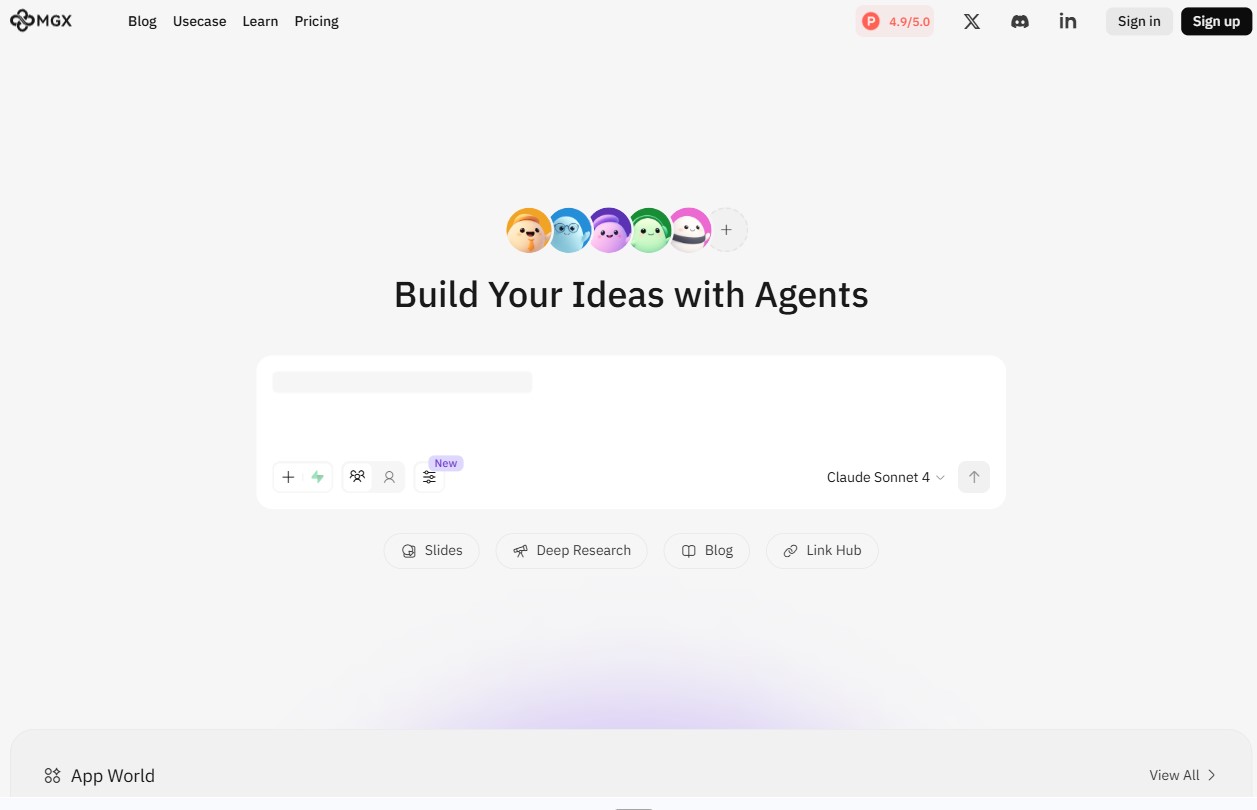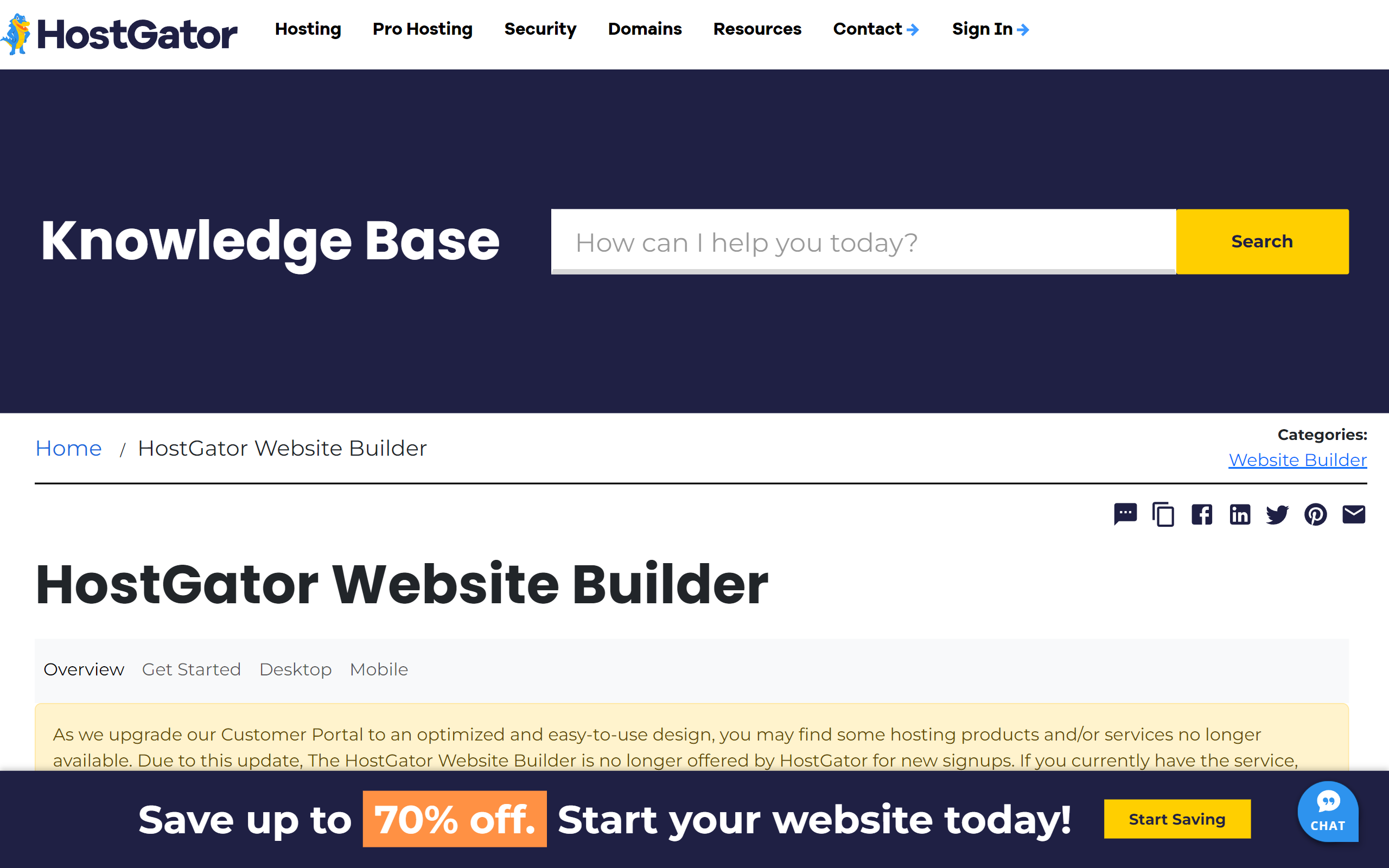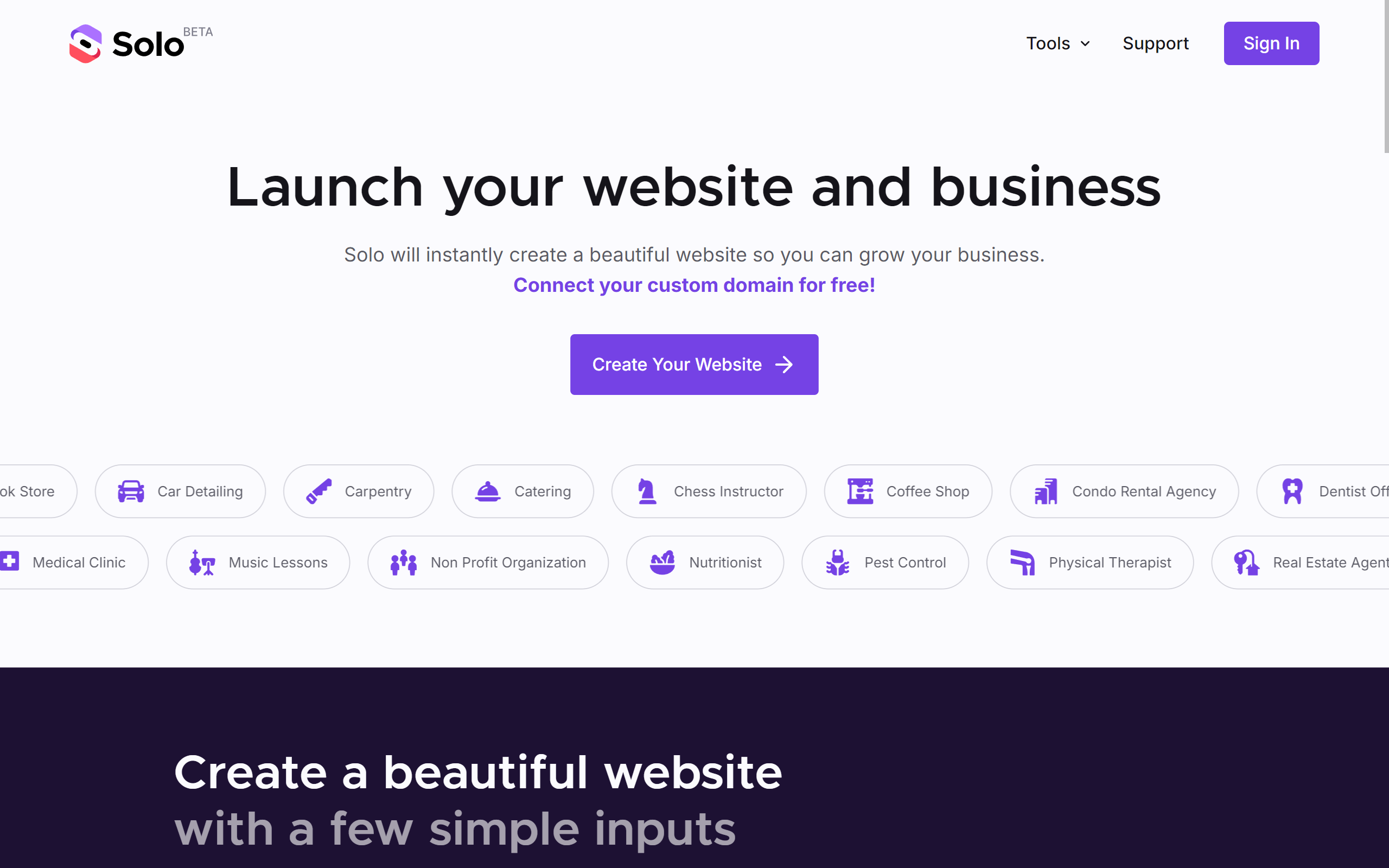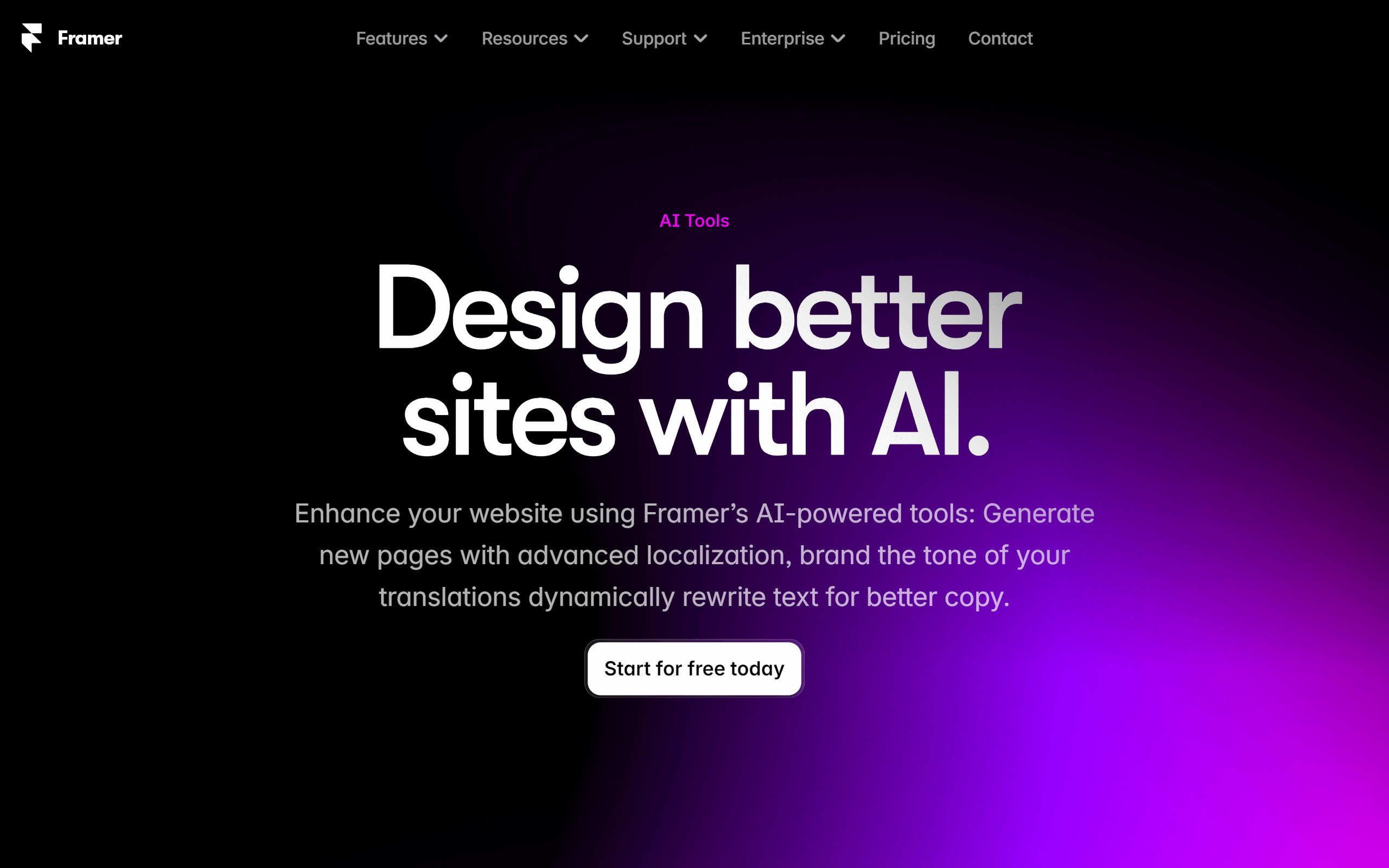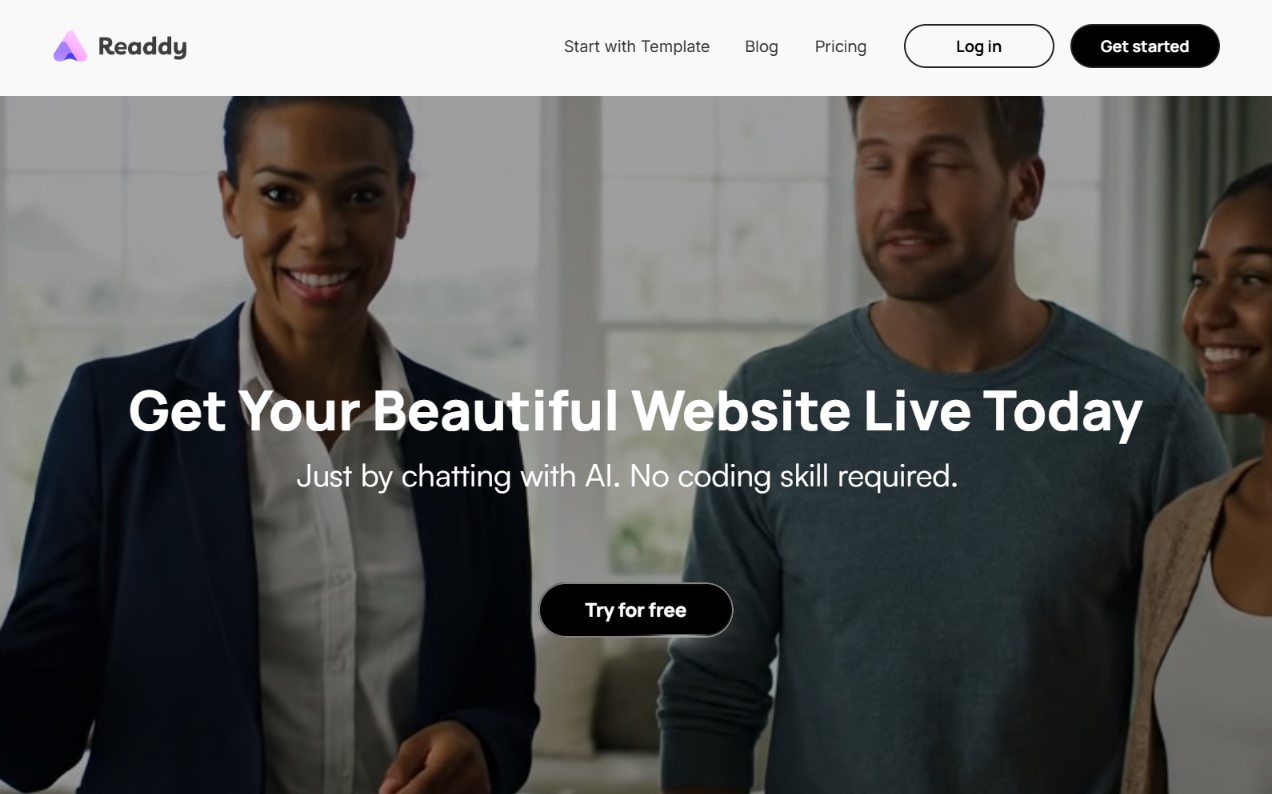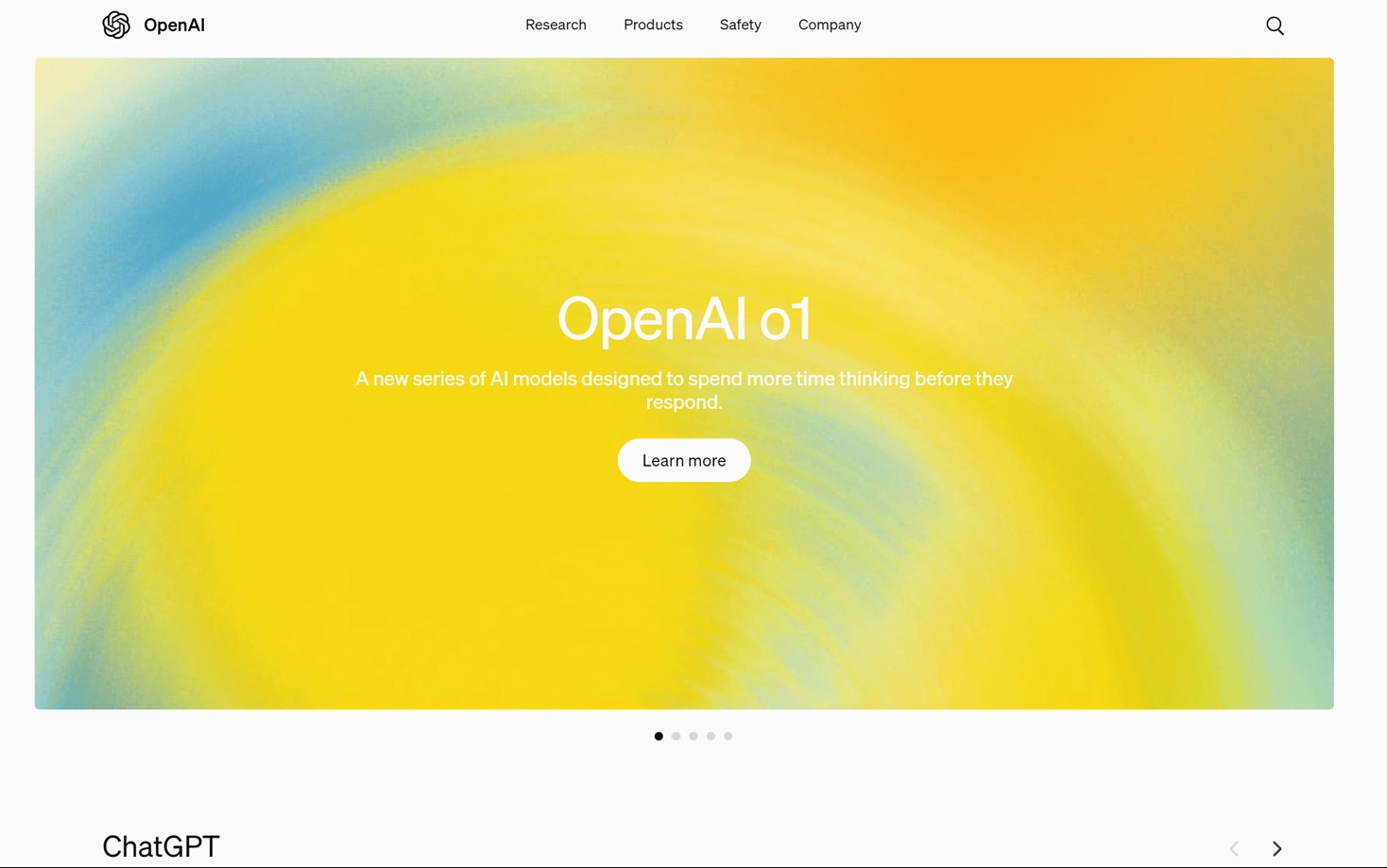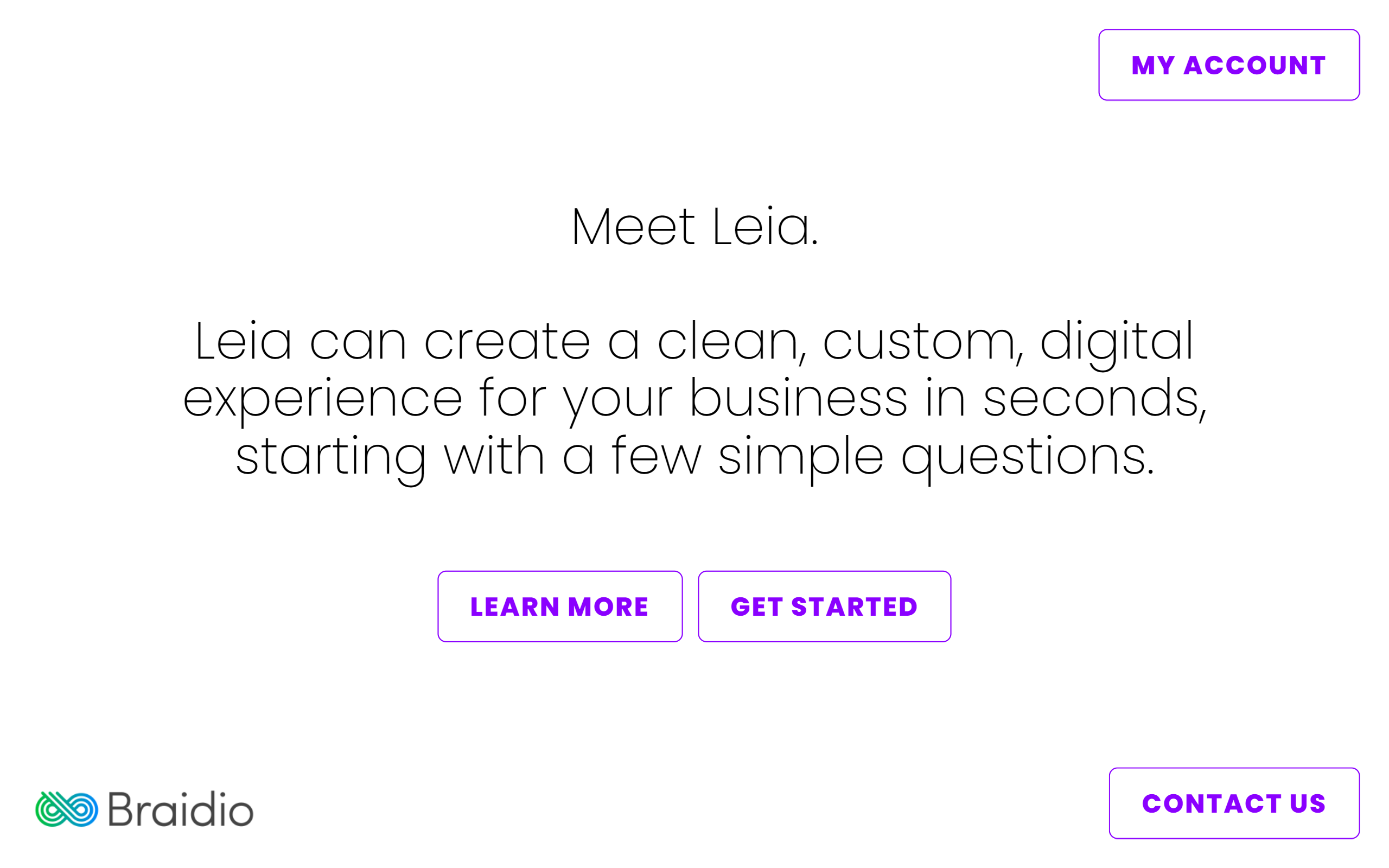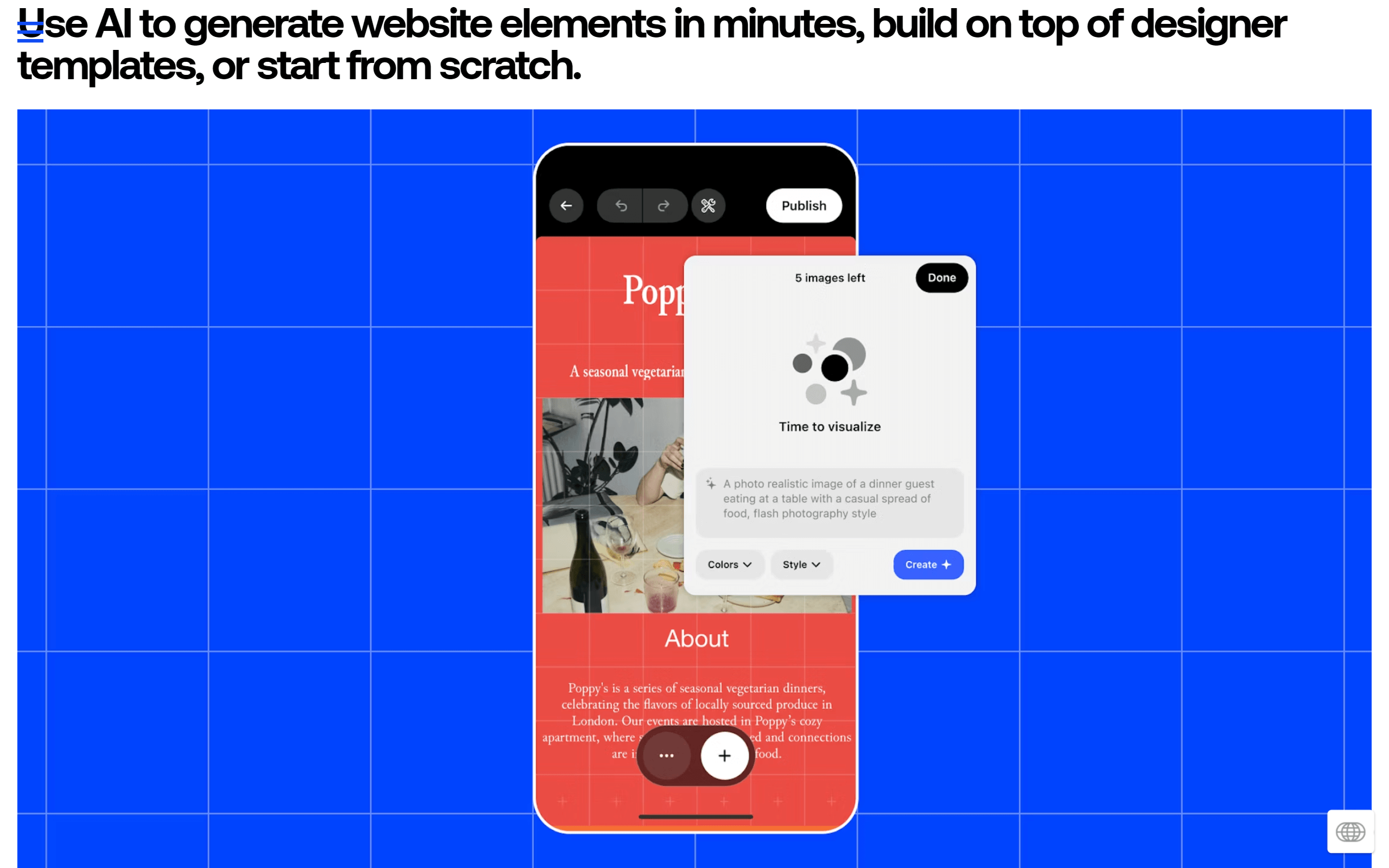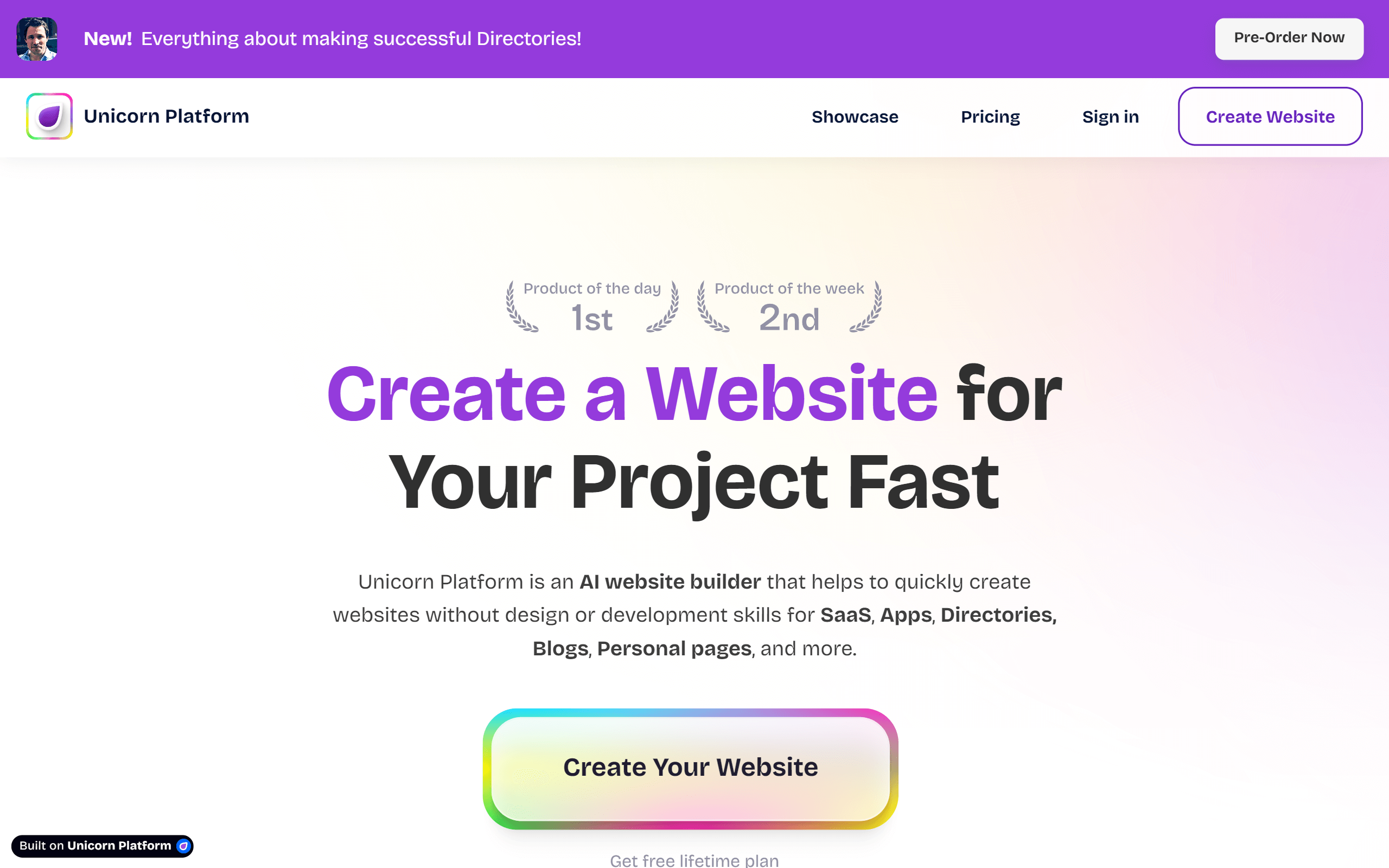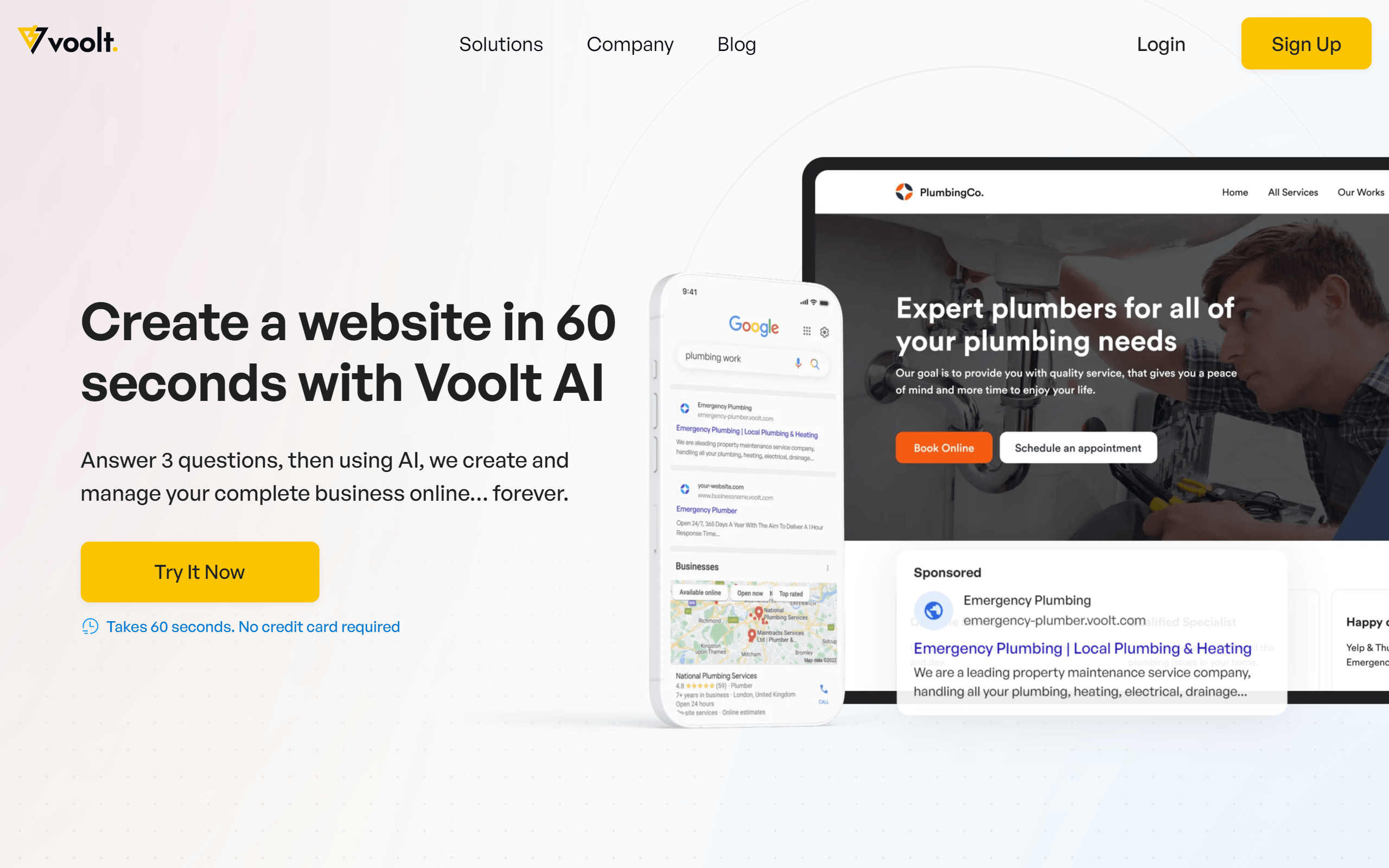| Mobirise AI |
Prompt-to-live builder, layout, copy, image generation |
Very easy; guided prompts and instant previews |
Modular blocks with CSS access; limited app market |
Free; zero platform fees |
Fewer marketplace plugins; template rigidity; support varies |
| Wix |
Guided prompts, automatic page creation, AI content and image tools |
Beginner-friendly; ADI speeds setup |
Drag-and-drop plus app extensions |
Tiered plans; apps add cost |
Migration difficulty; potential performance issues |
| Squarespace |
Template AI, text suggestions, image editing |
Opinionated editor that speeds results for nontechnical users |
Polished templates; limited deep customization |
Bundled pricing; higher commerce fees |
Fewer integrations; commerce costs |
| WordPress |
Broad AI plugin ecosystem for content, SEO, images |
Varies: managed hosting simple, developer setups complex |
Highly flexible with full code access |
Scales with hosting and plugin spend |
Plugin conflicts; security maintenance; variable AI quality |
| Shopify |
Shopify Magic: product descriptions, marketing copy, images |
Streamlined store setup for sellers |
App marketplace and checkout customization |
Subscription and transaction fees; app costs |
Platform fees; checkout limits; AI needs editing |
| GoDaddy |
Industry prompts, copy, images, basic SEO |
Fast, guided setup for small businesses |
Rigid templates; minimal code access |
Bundled business tools; renewals raise cost |
Design constraints; slower loading; vendor lock-in |
| Webflow |
Content generation, layout suggestions, responsive helpers |
Steeper learning curve for nontechnical users |
Pixel-level control, interactions, developer-friendly |
Higher plans for teams; performant hosting |
Complexity; manual refinement and oversight required |
